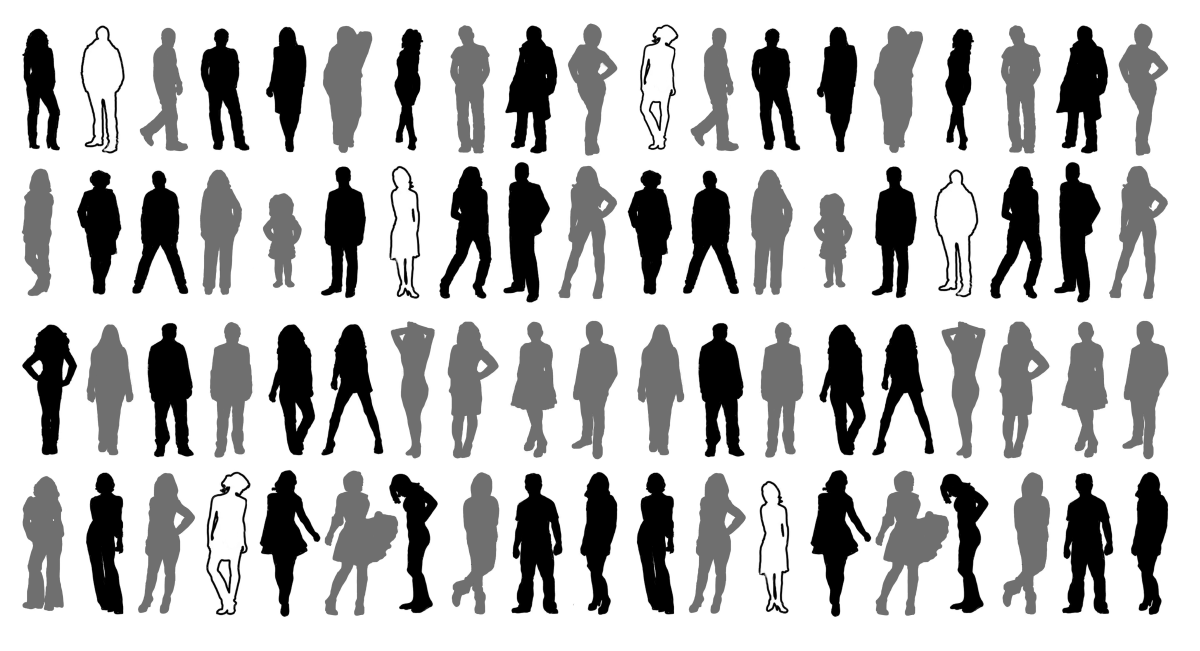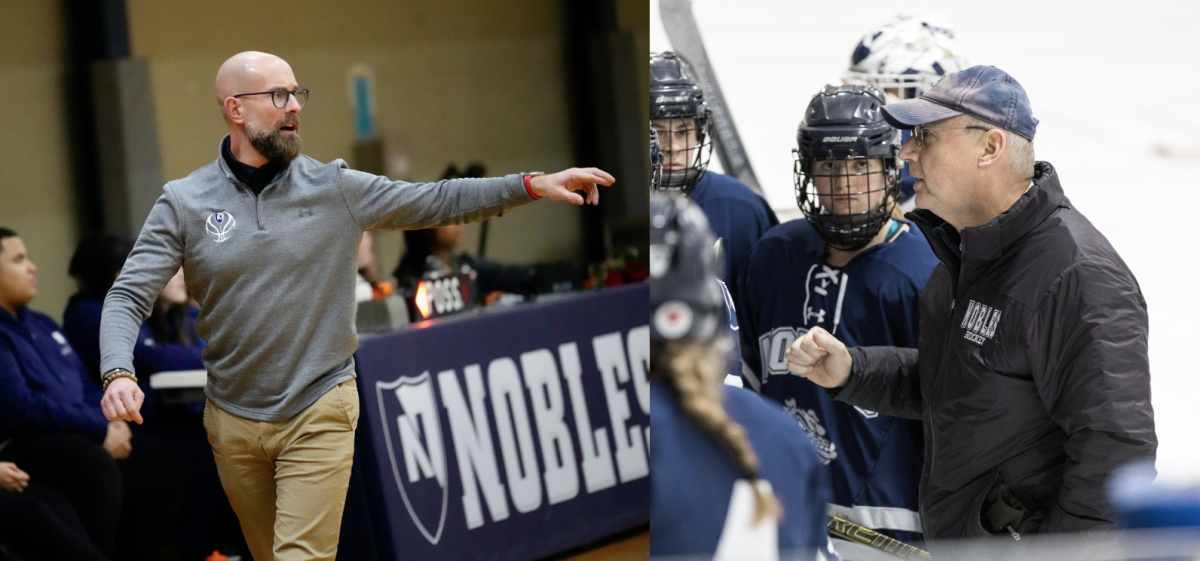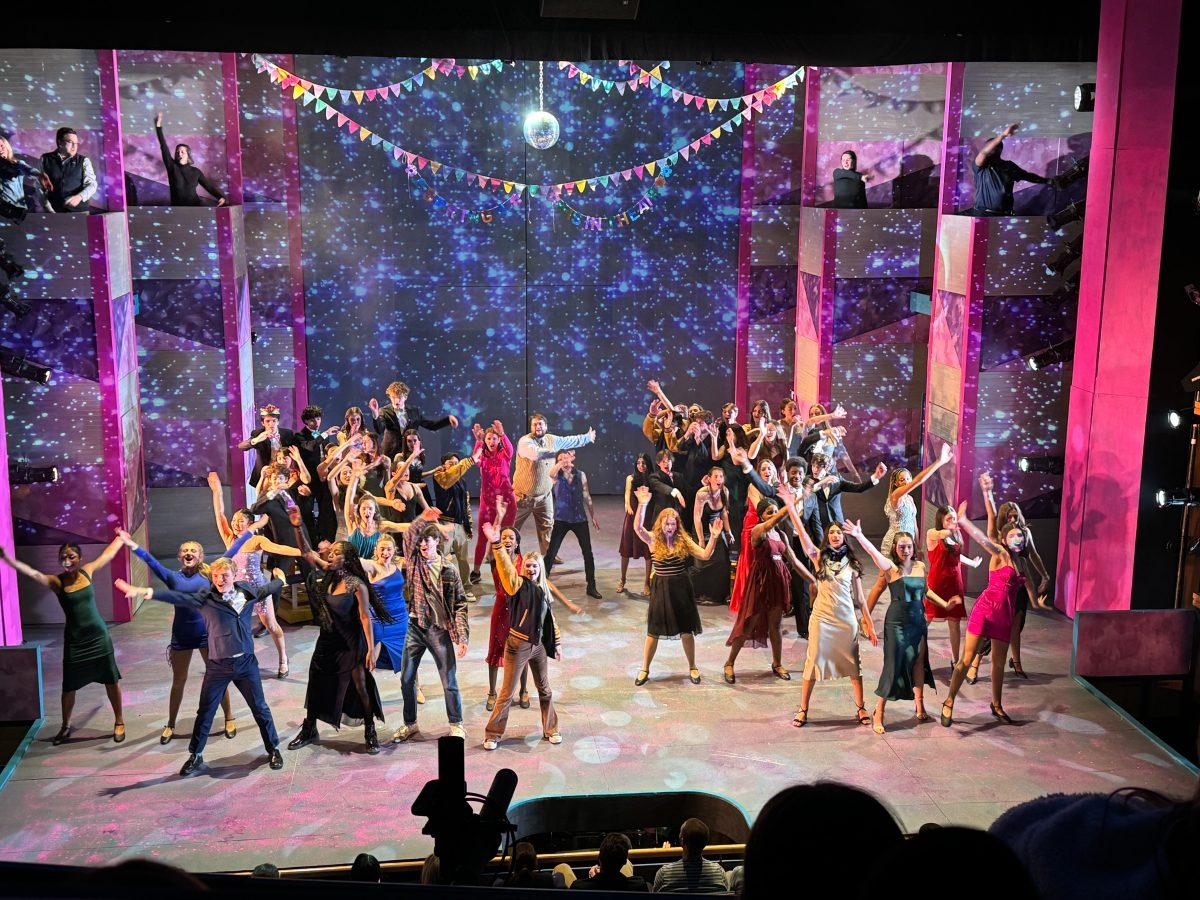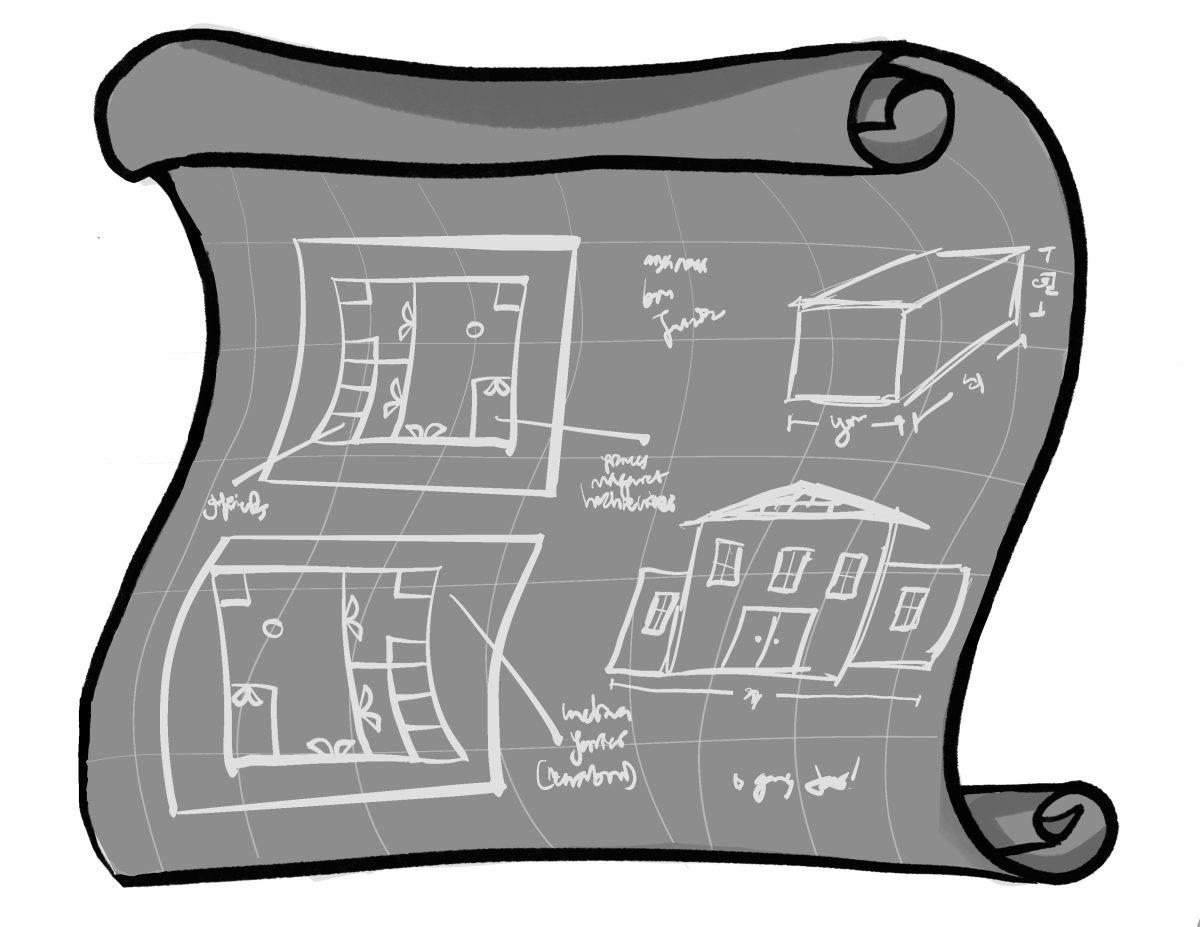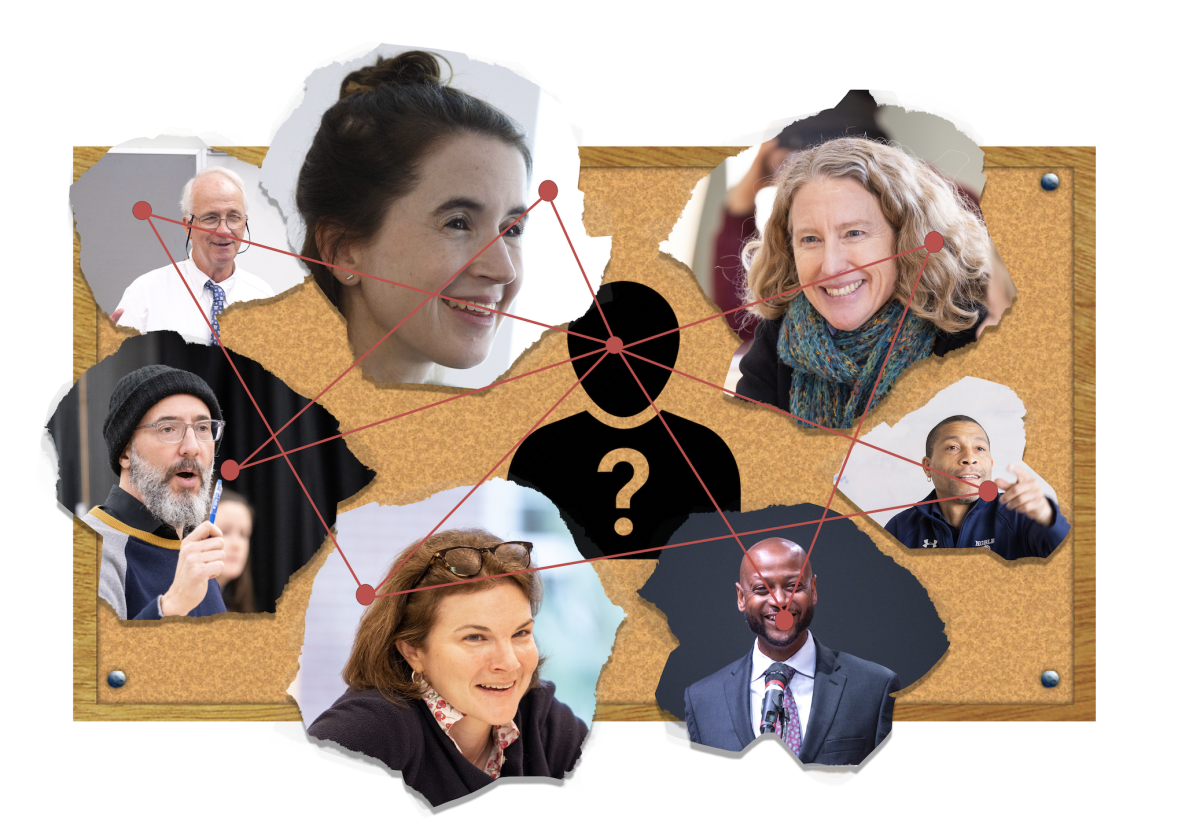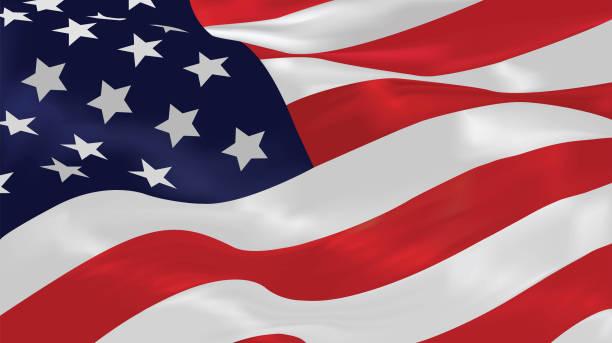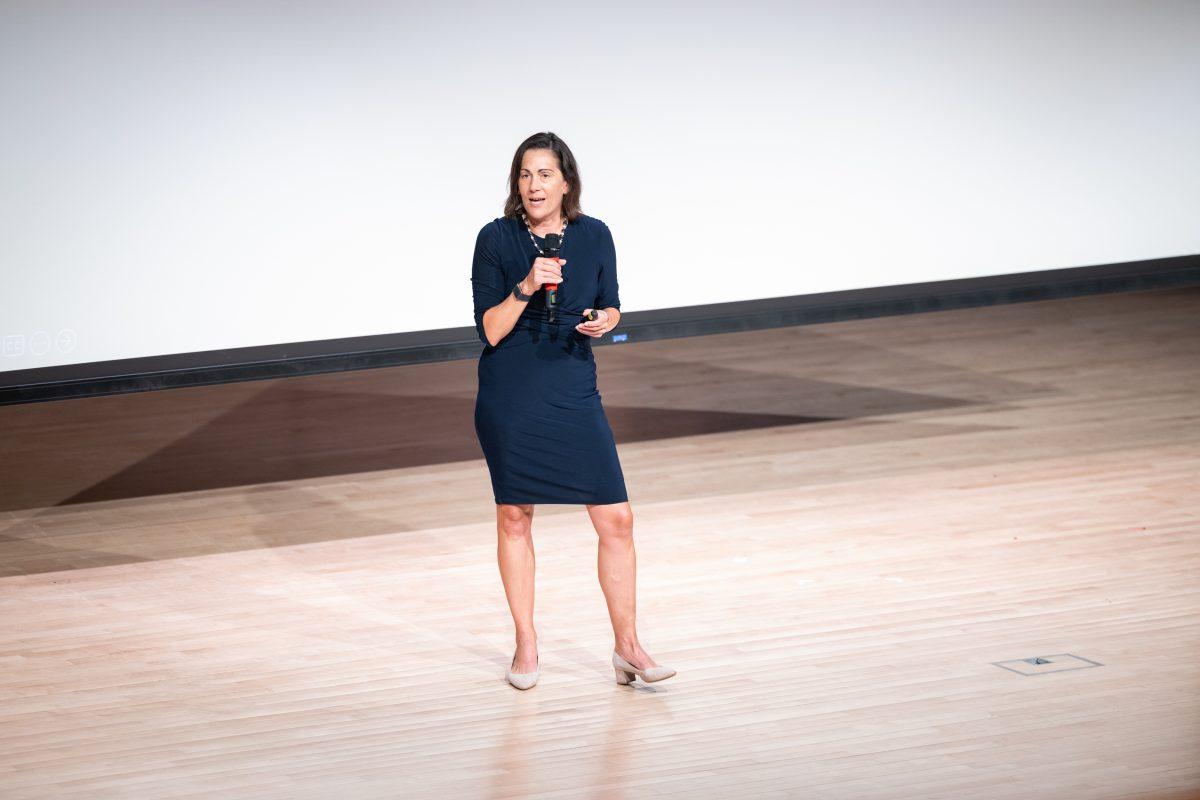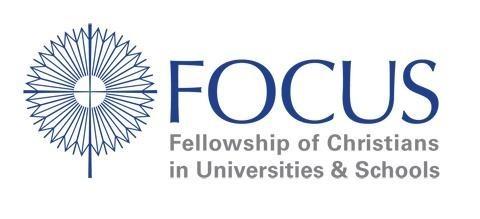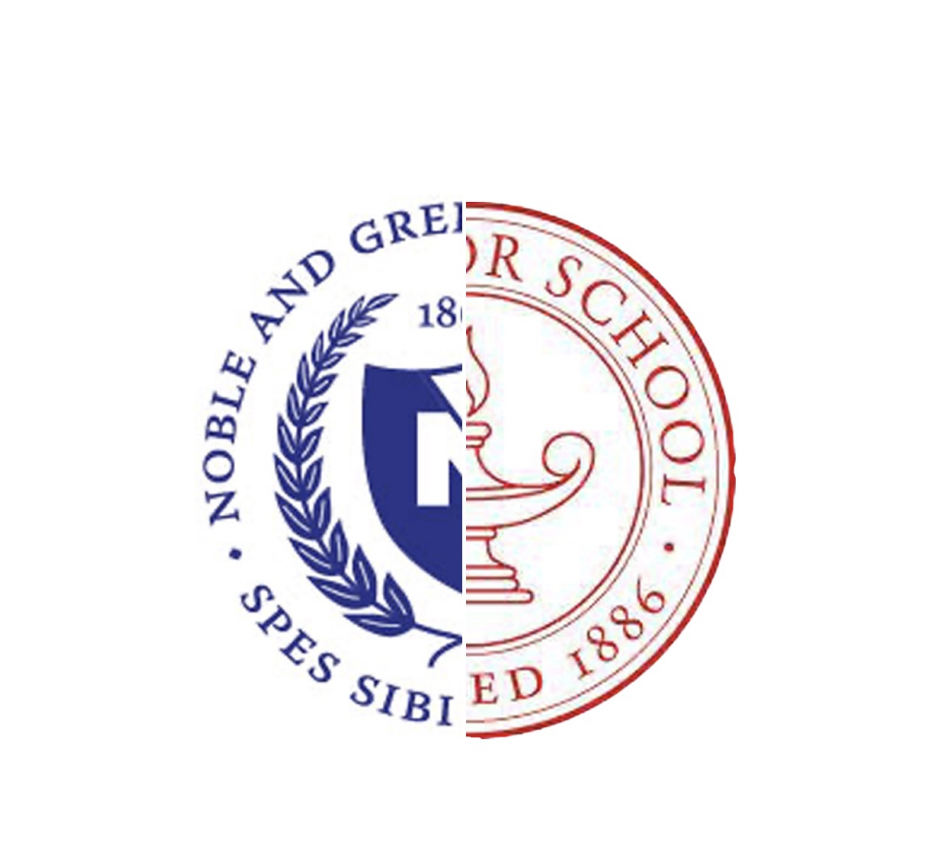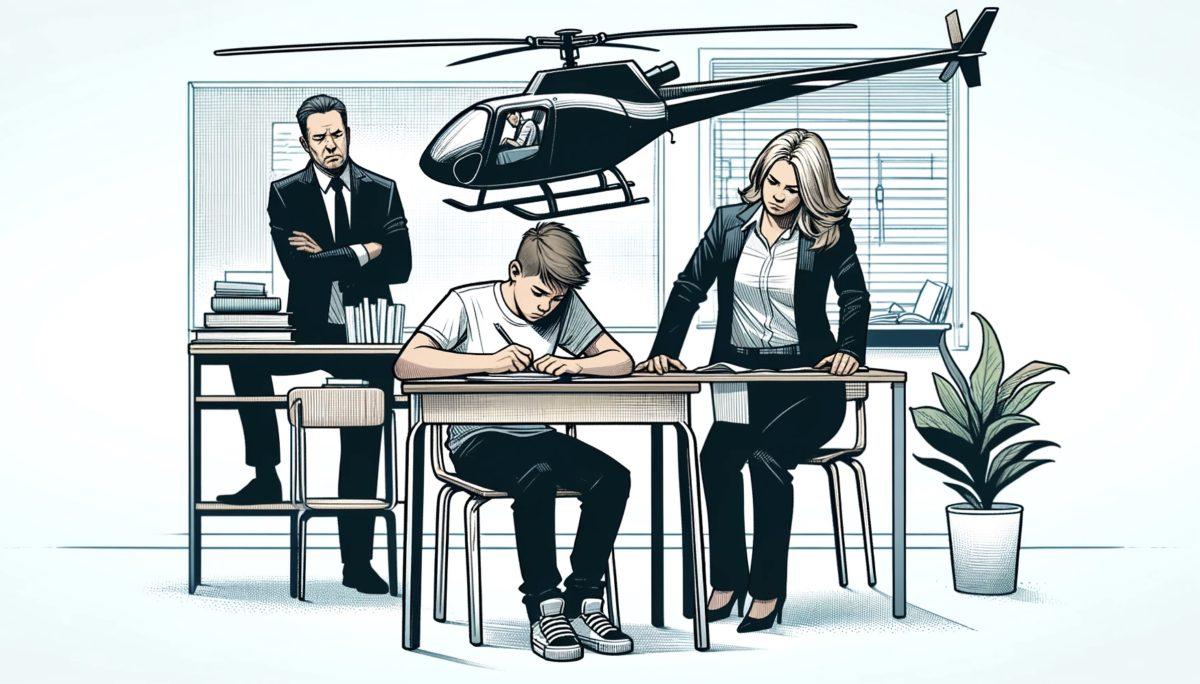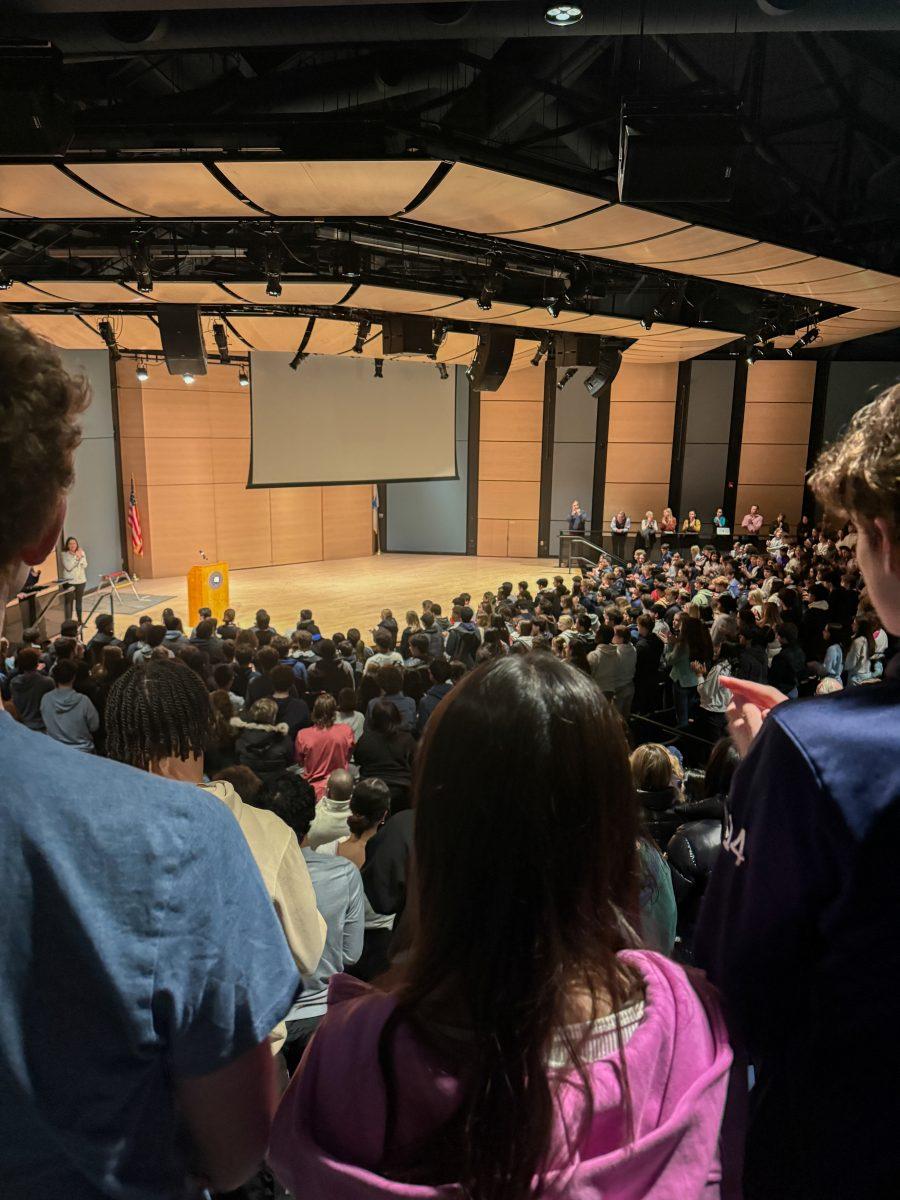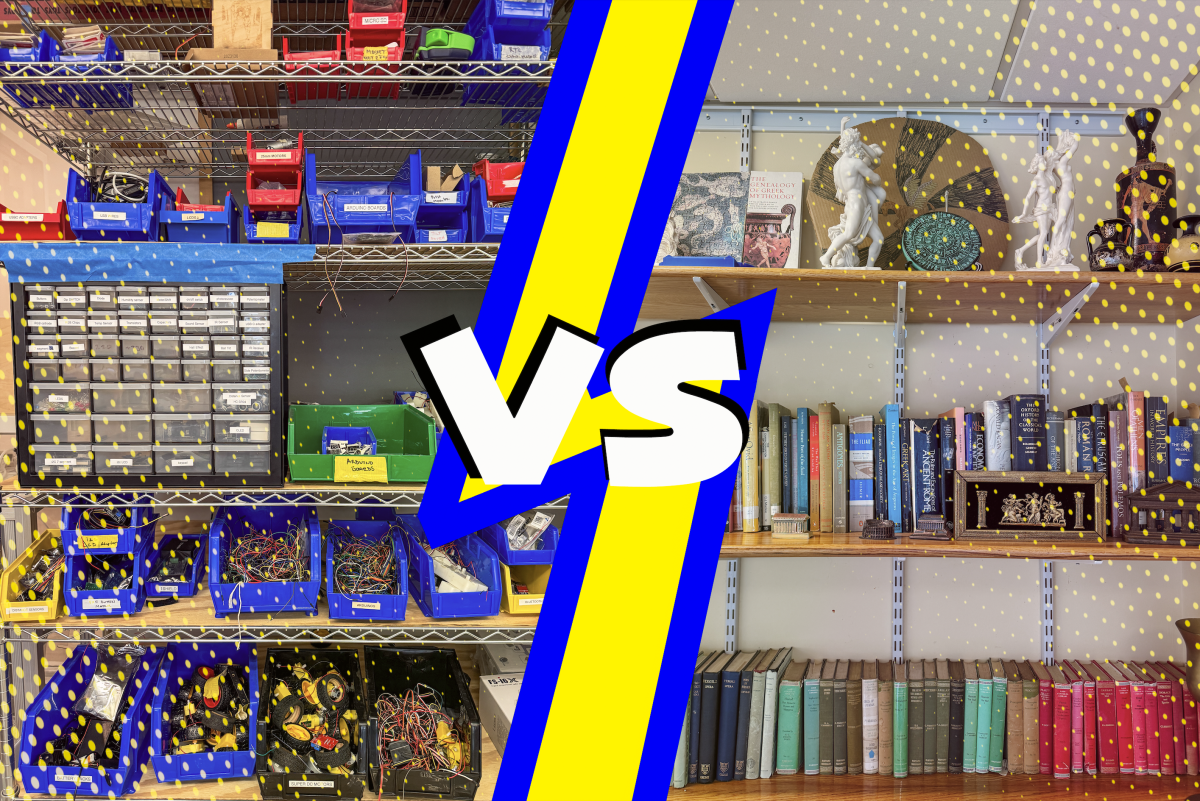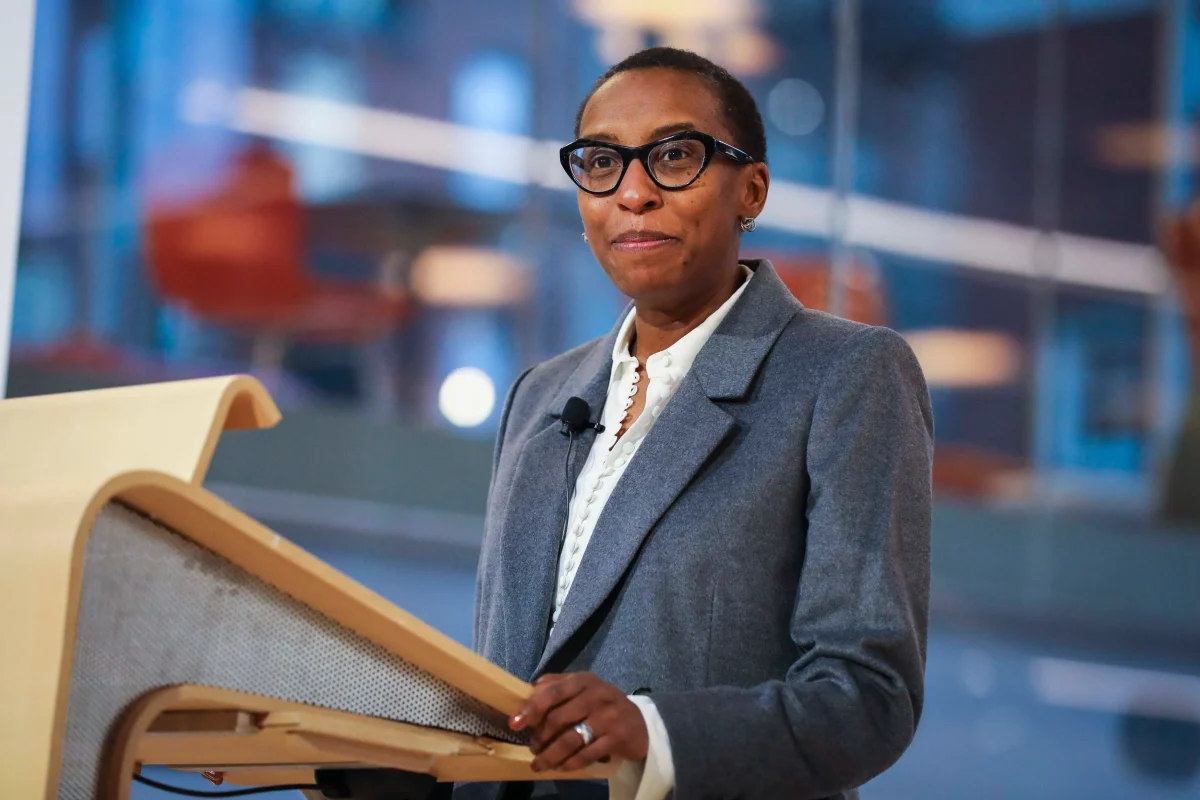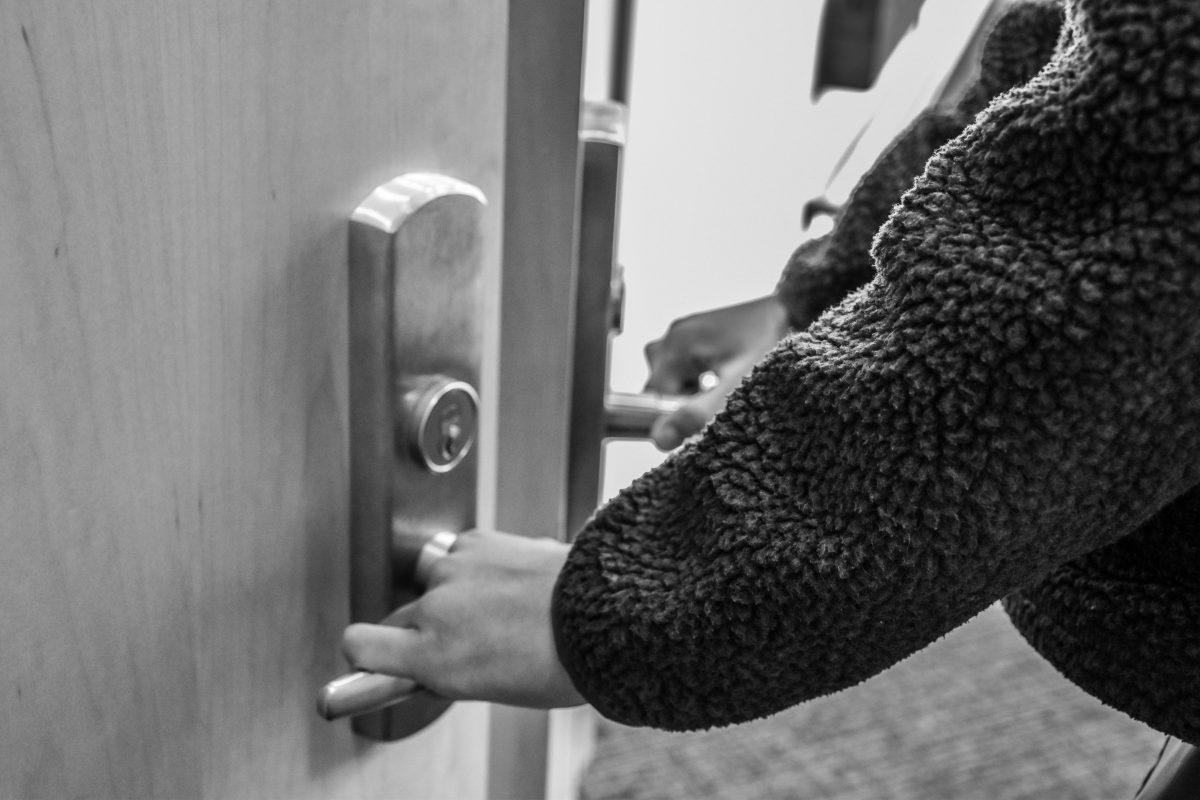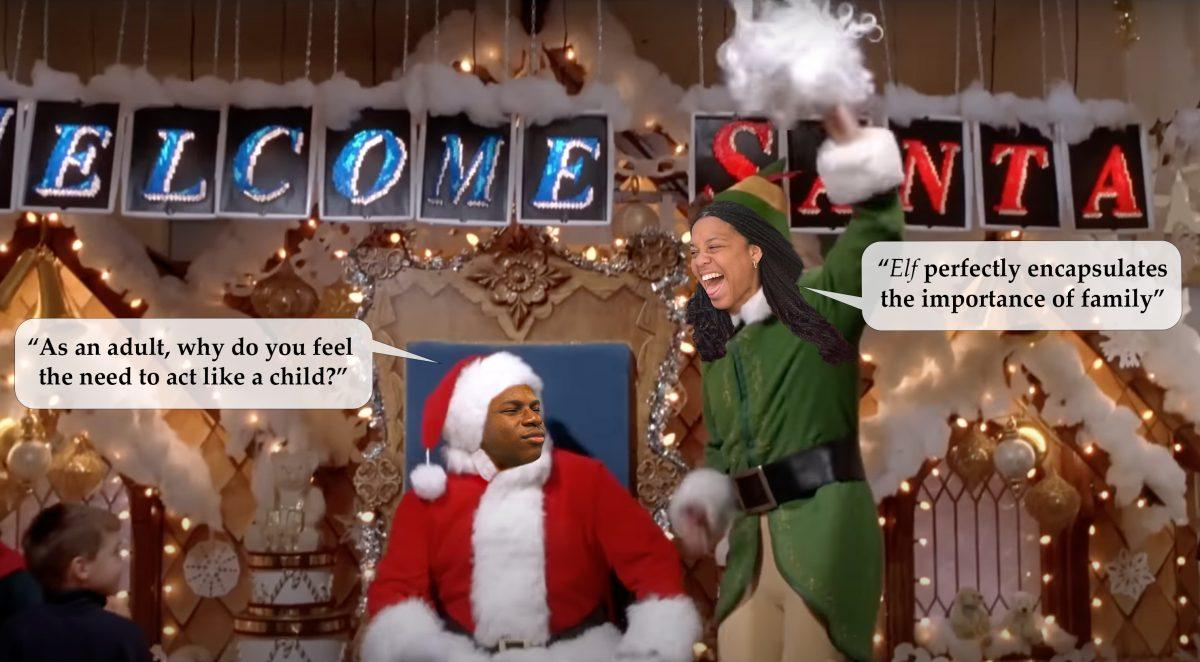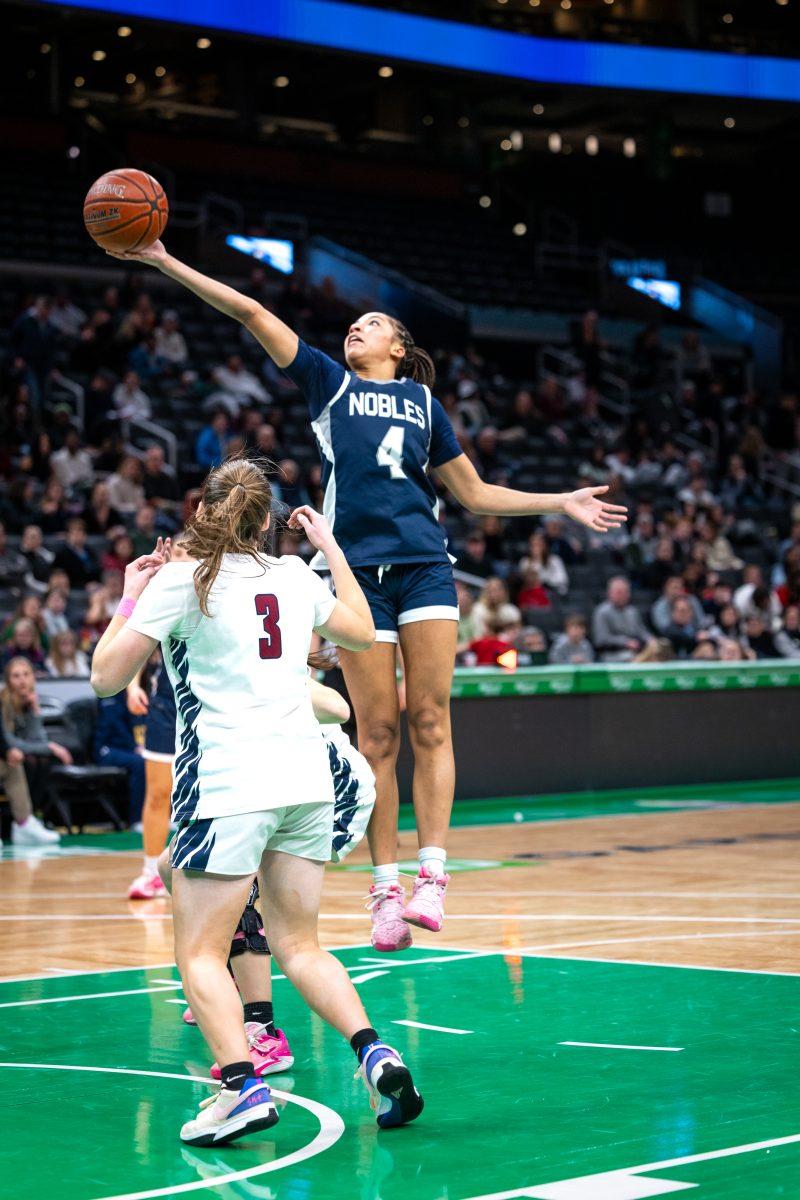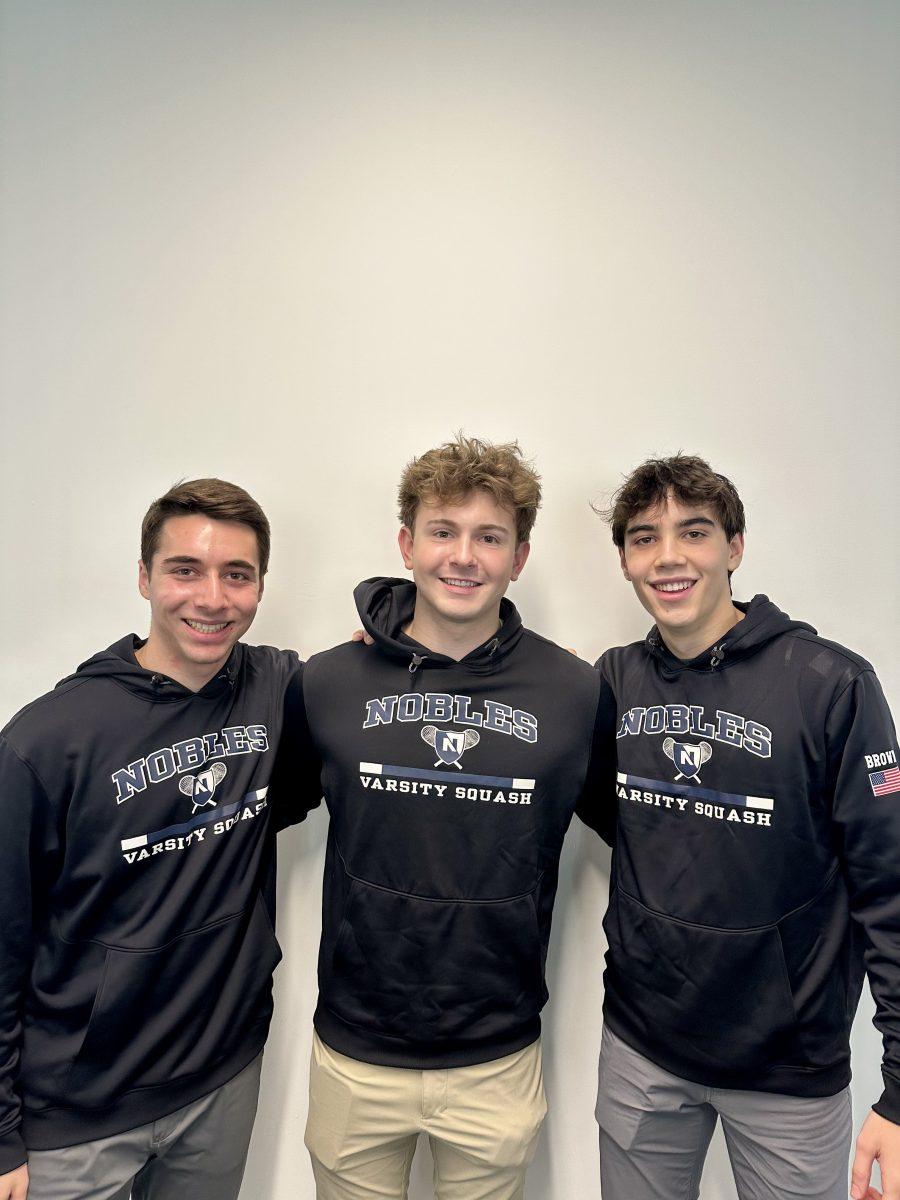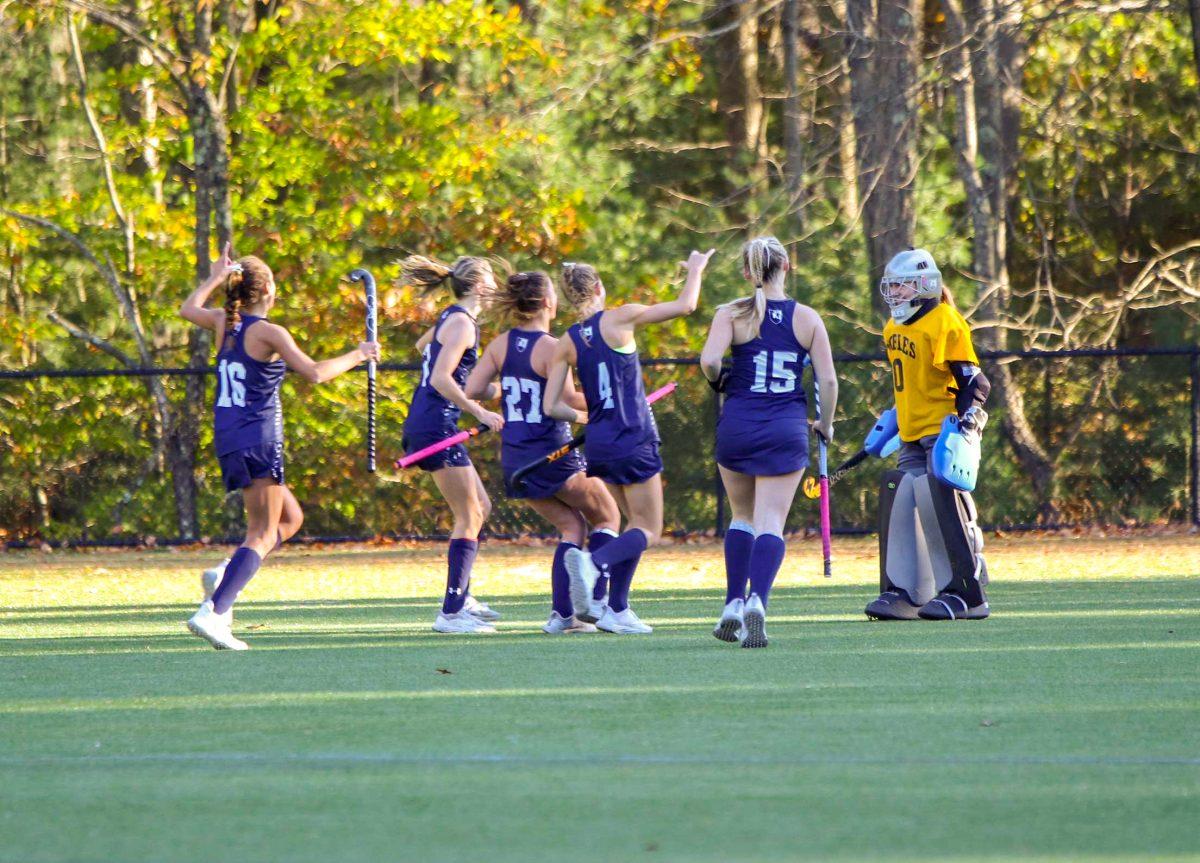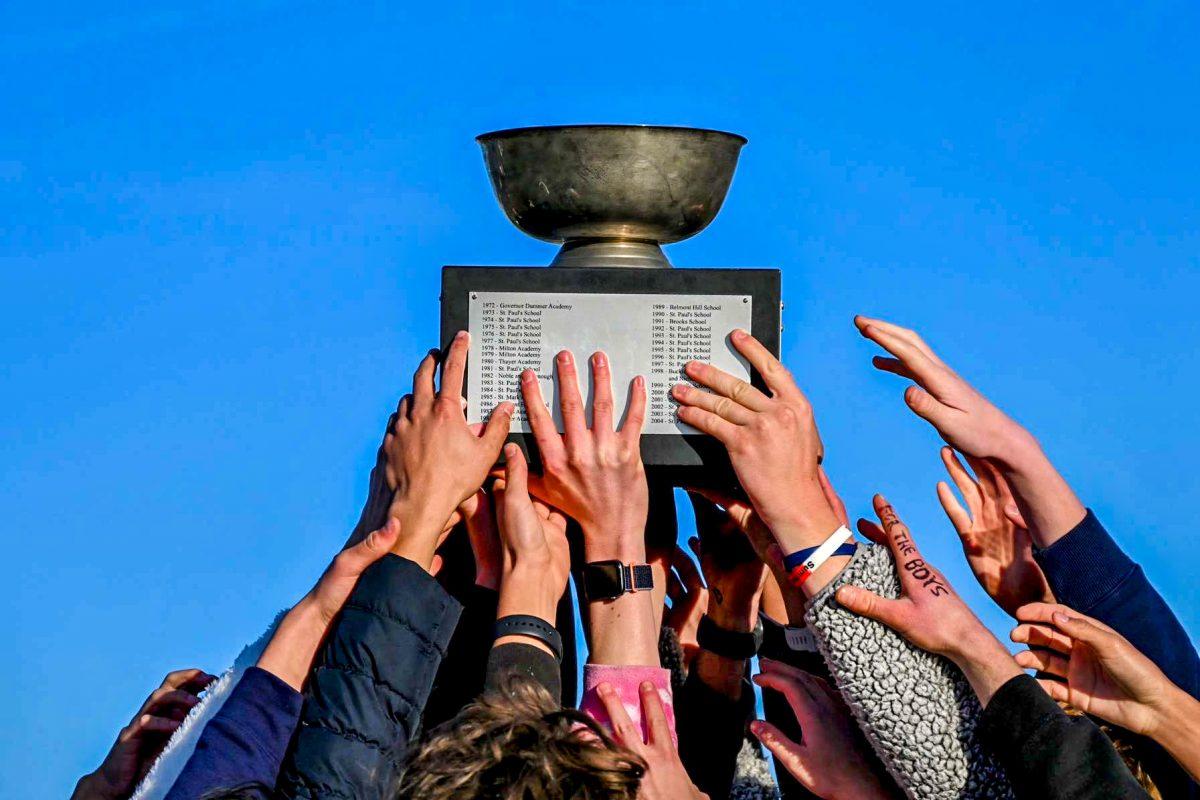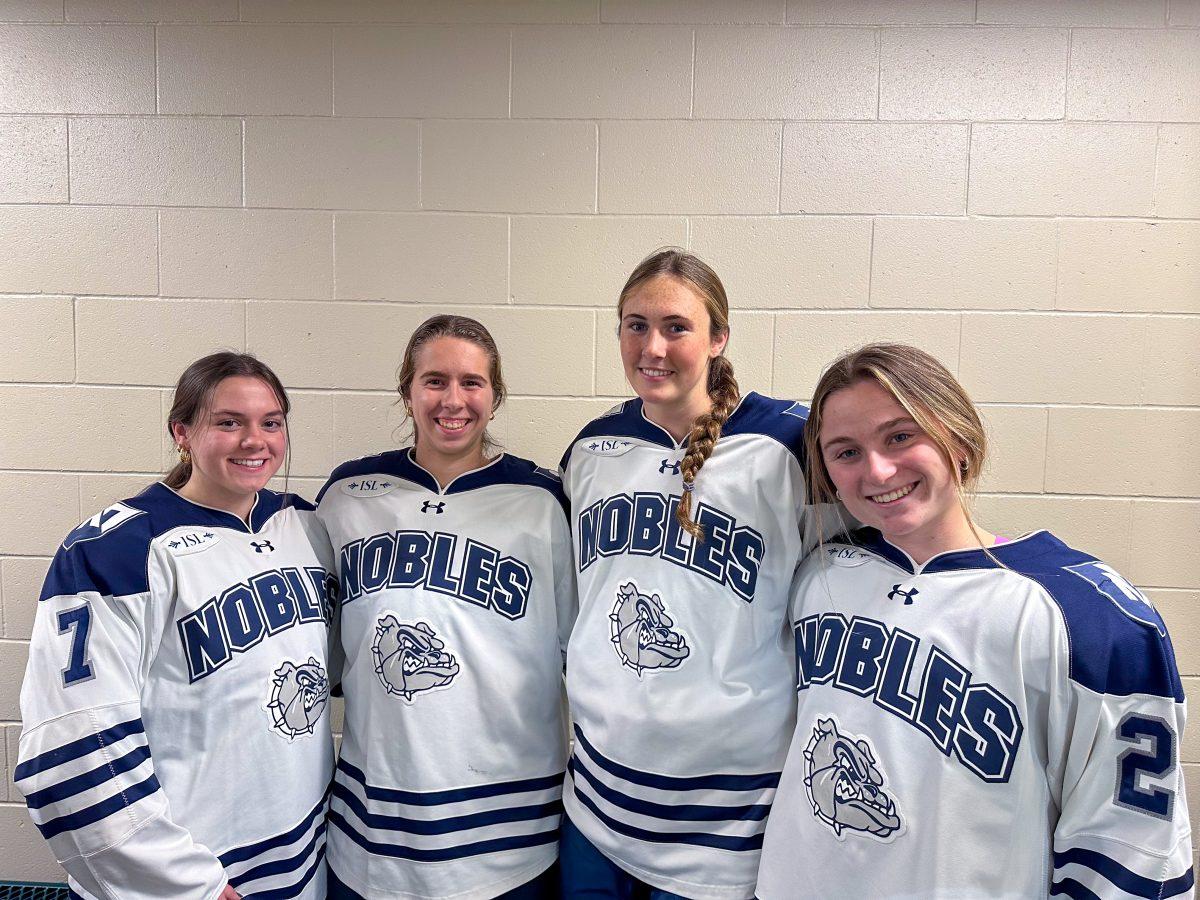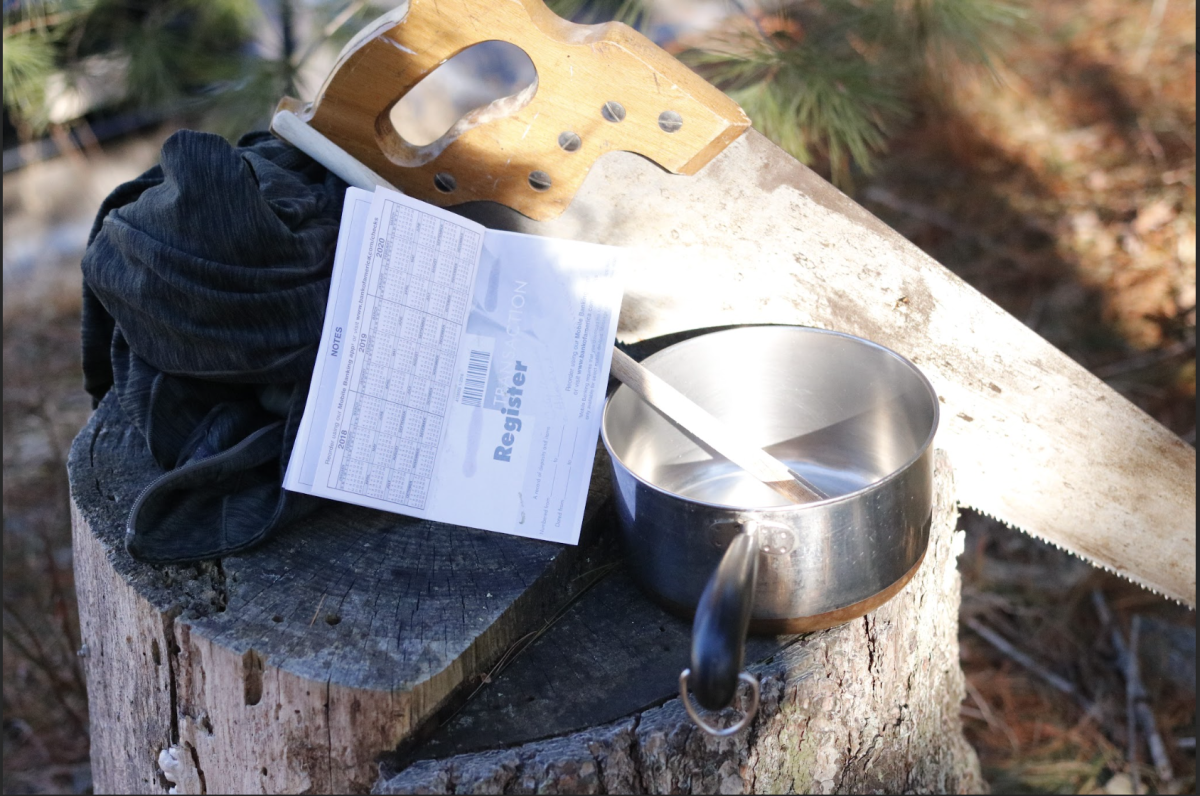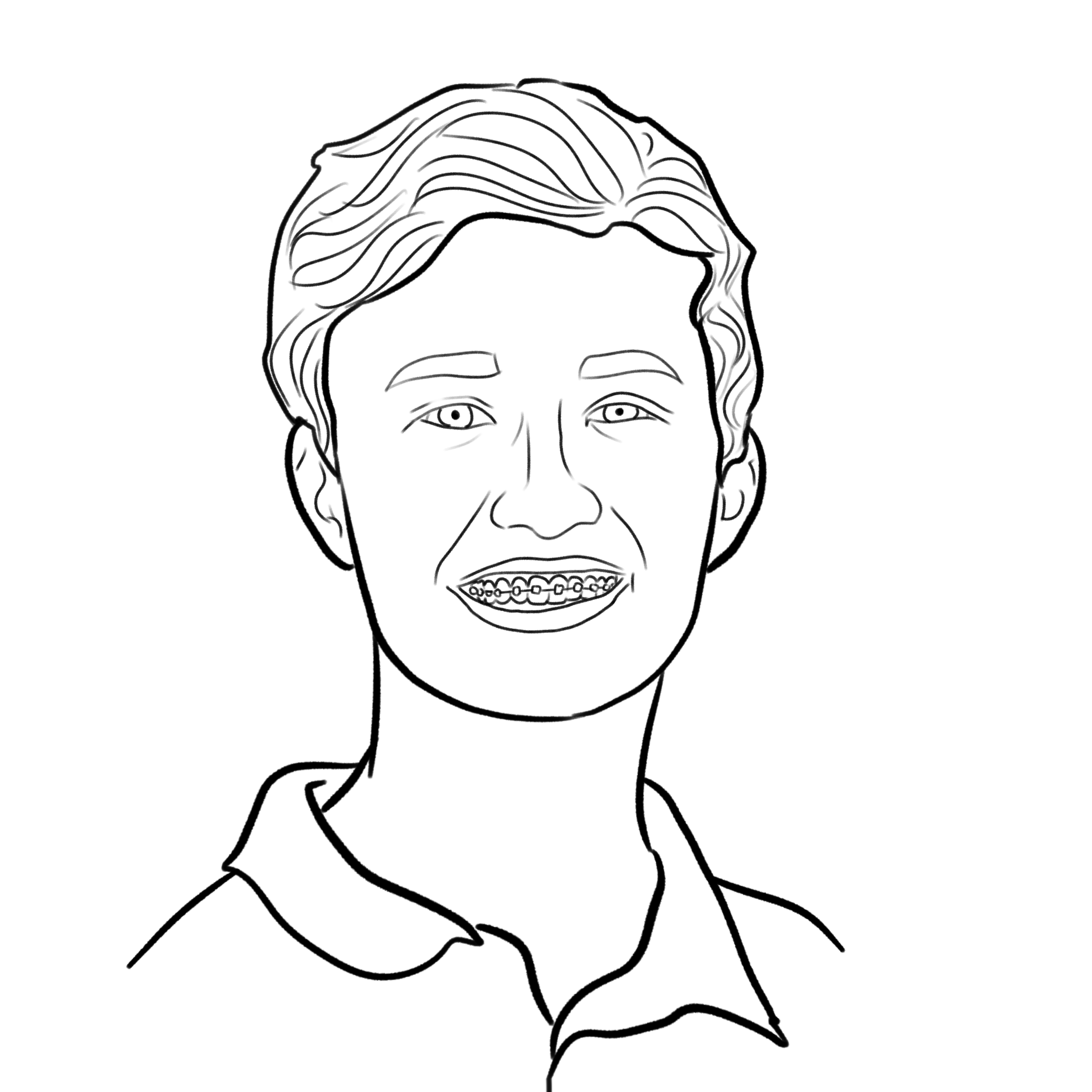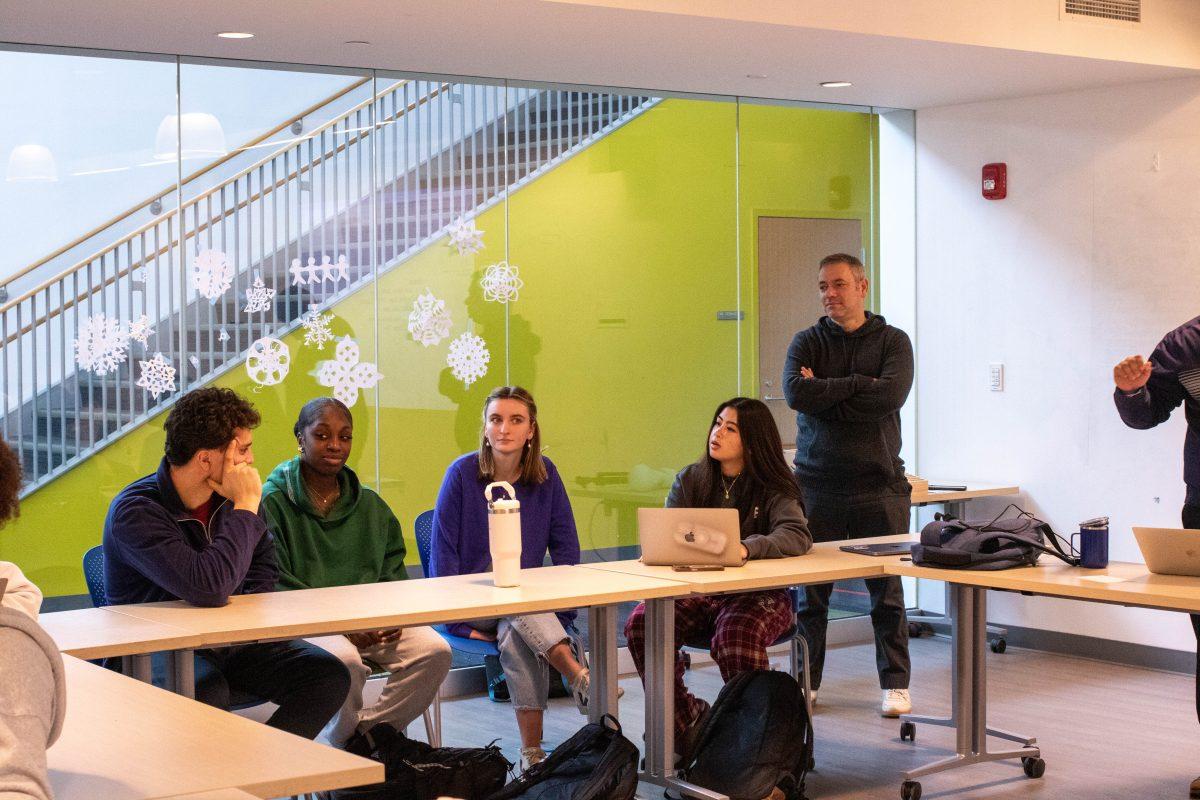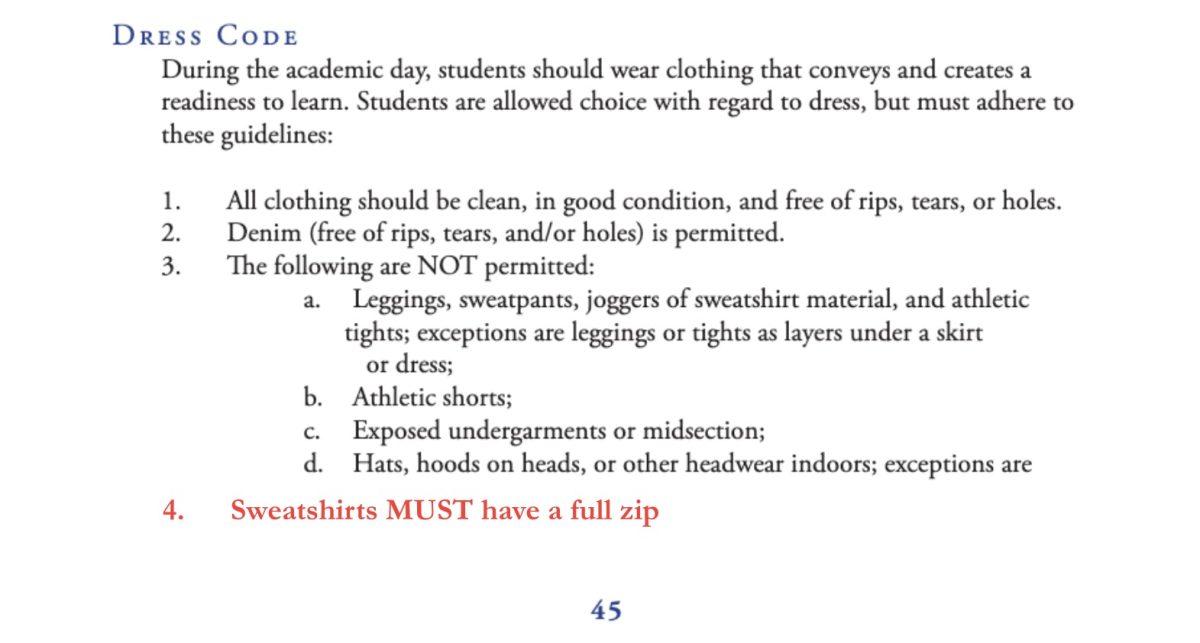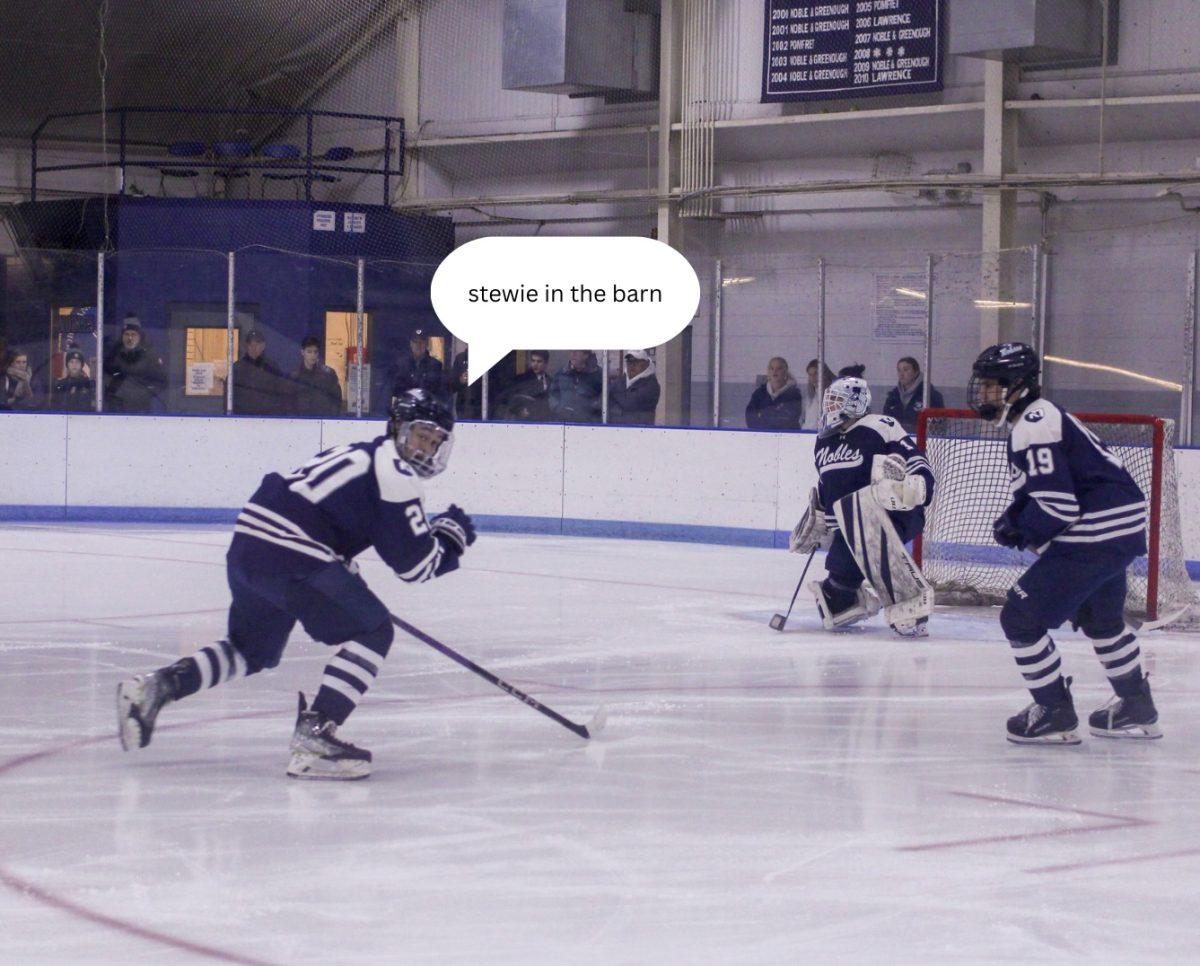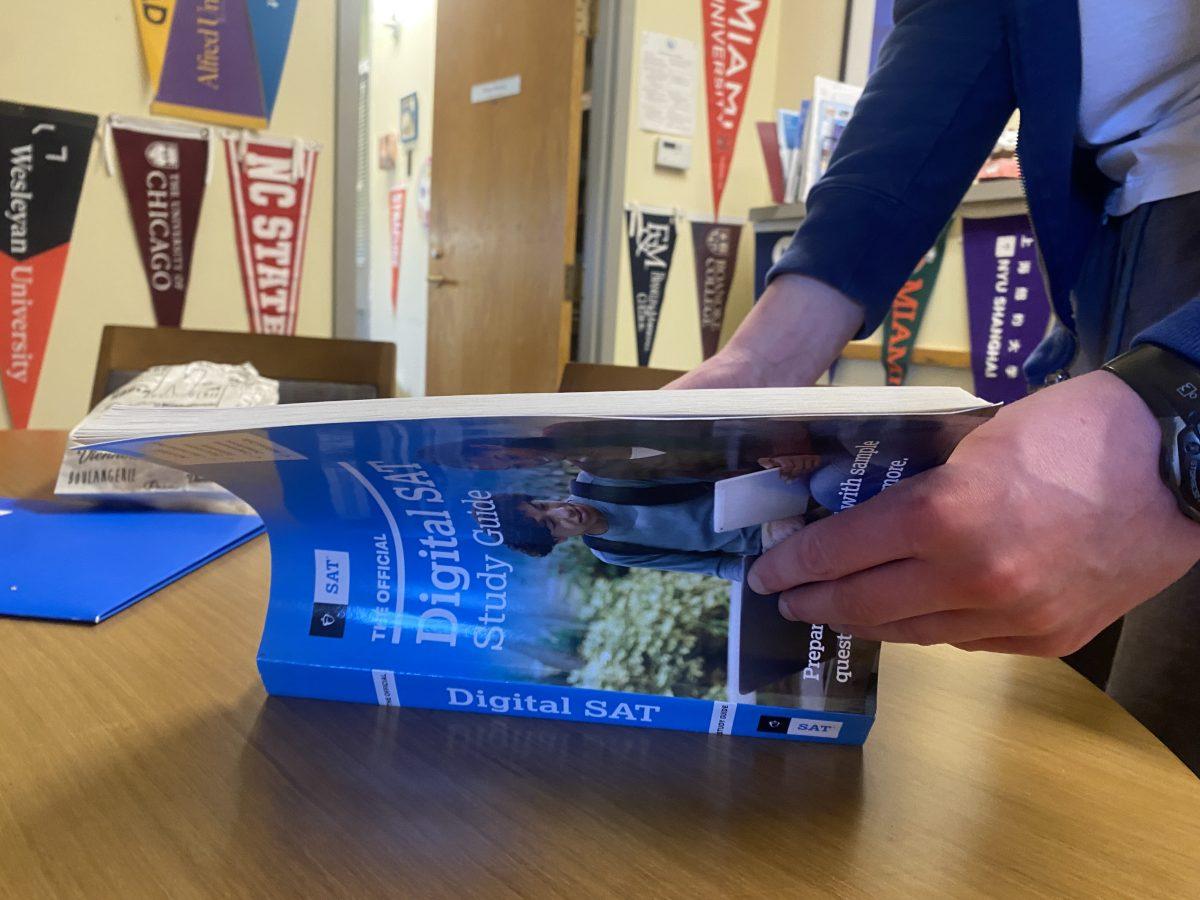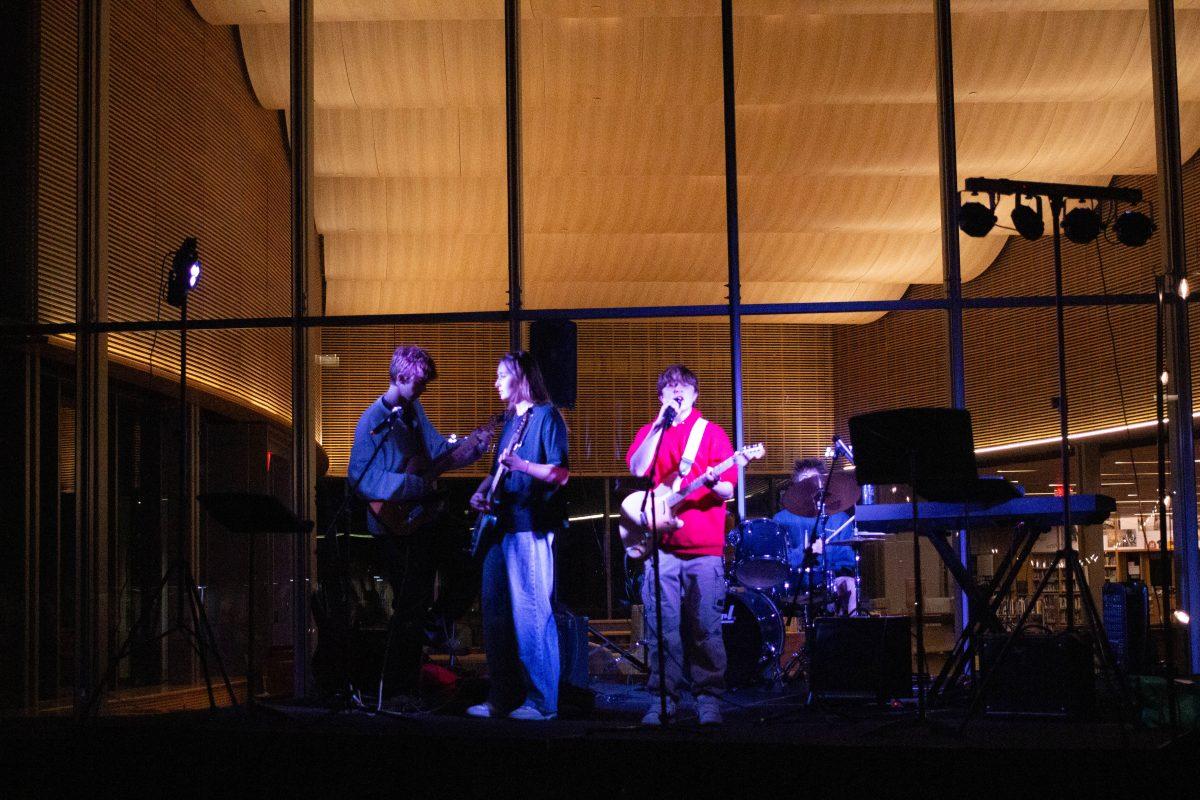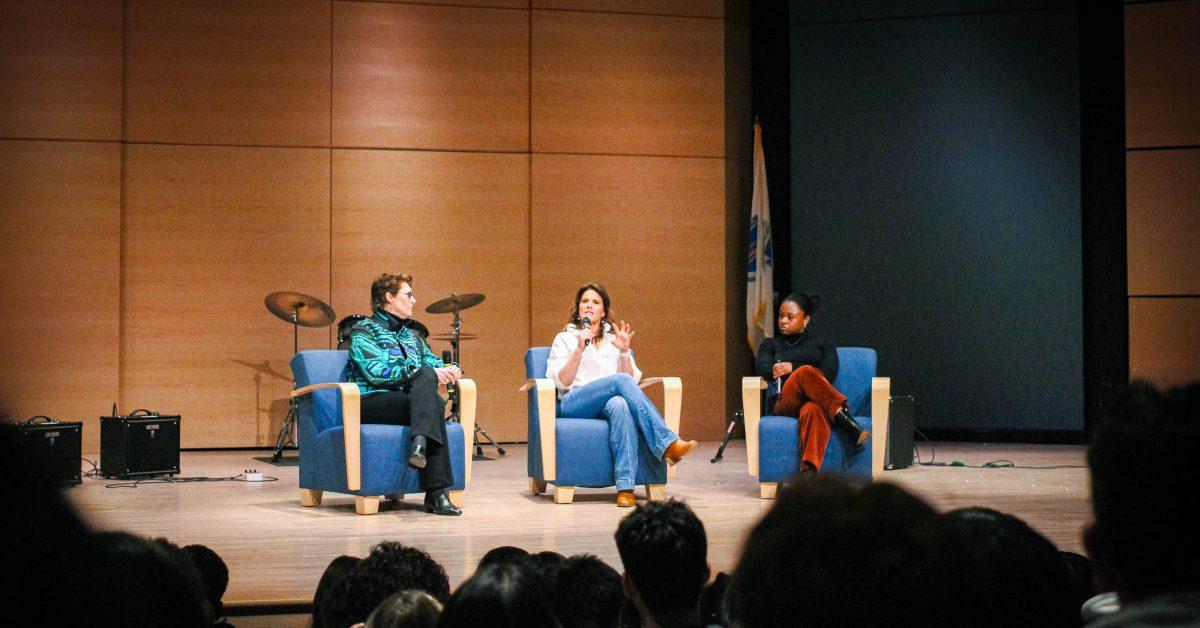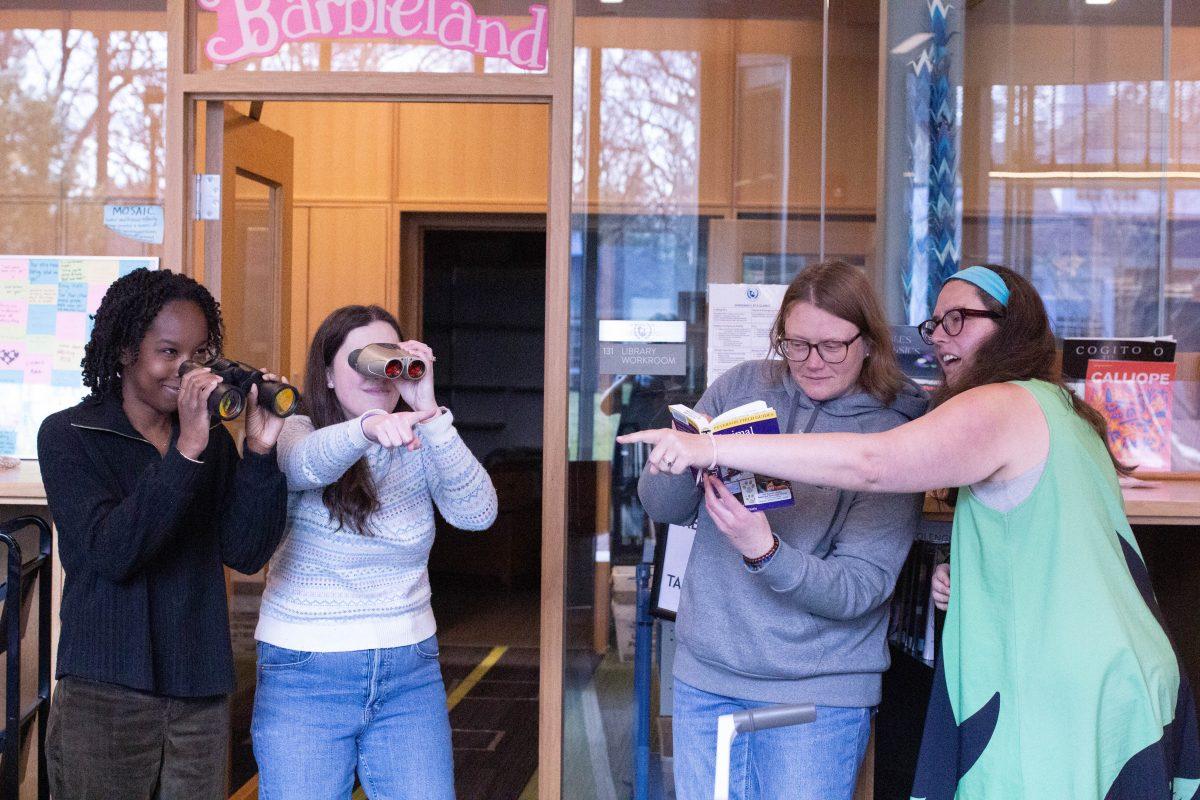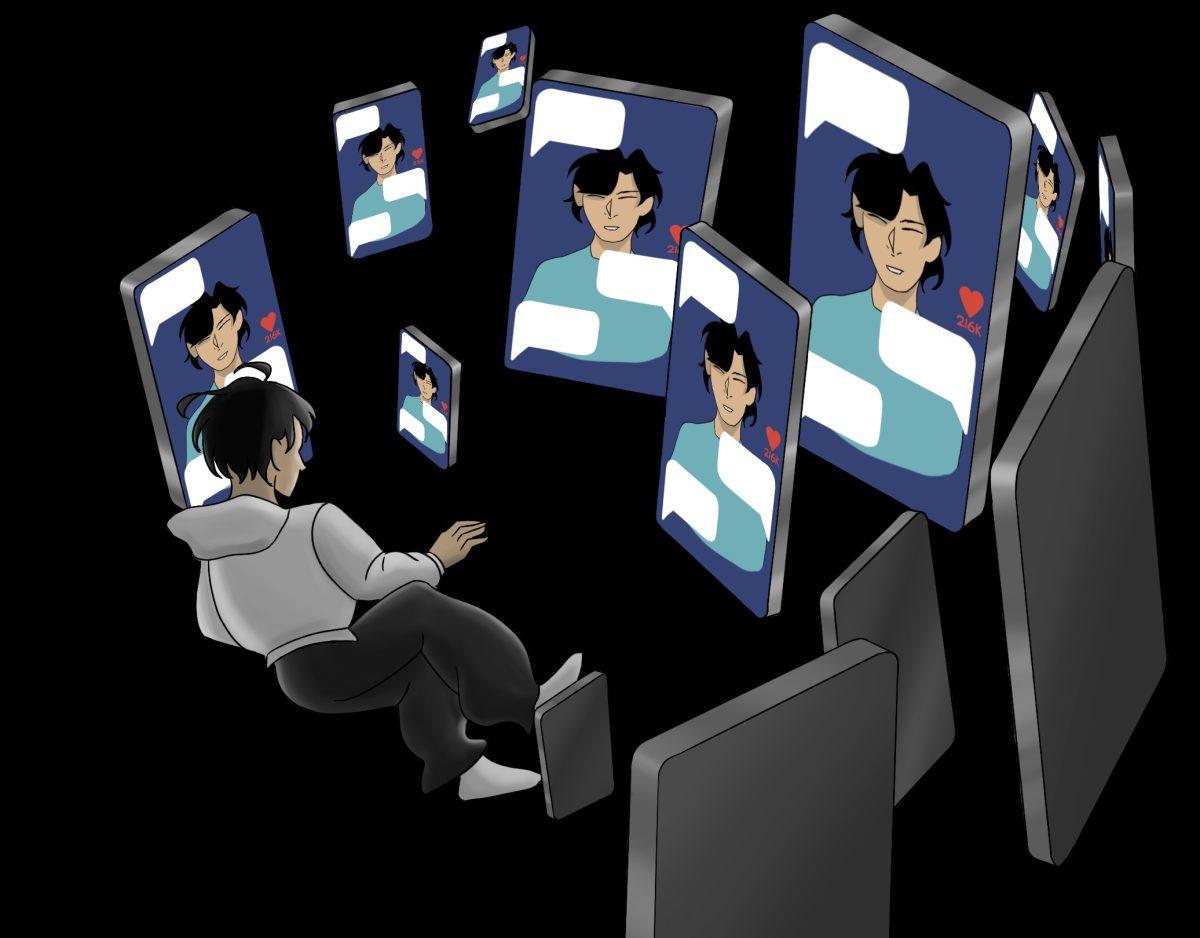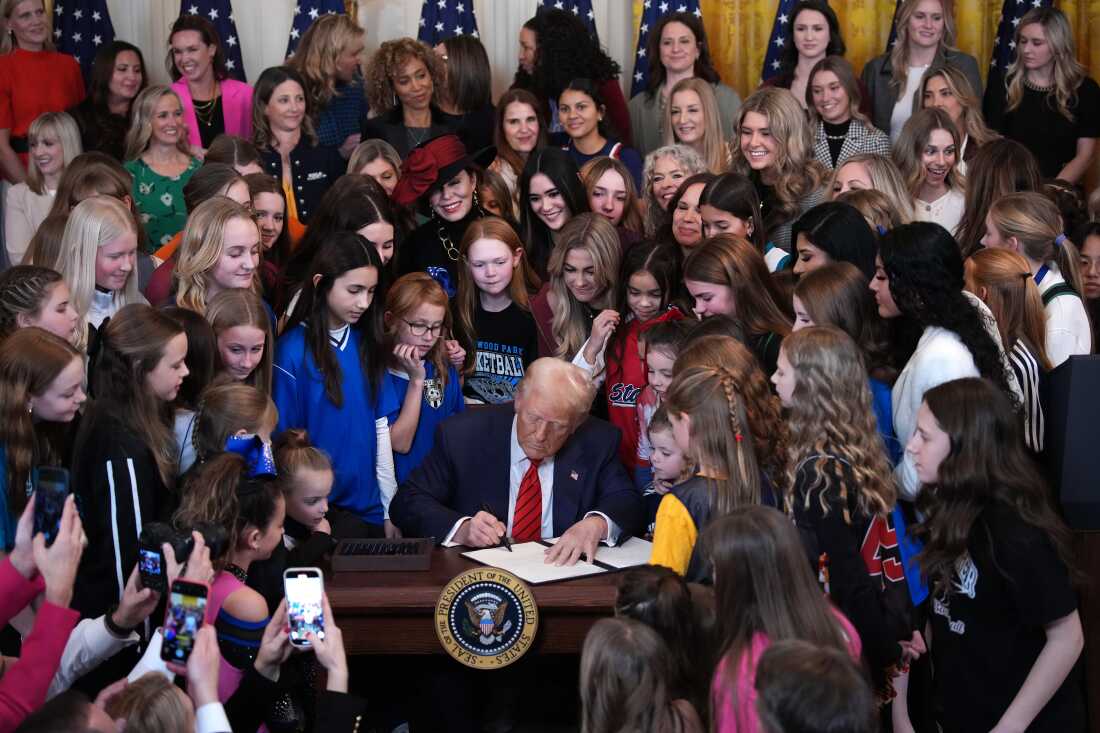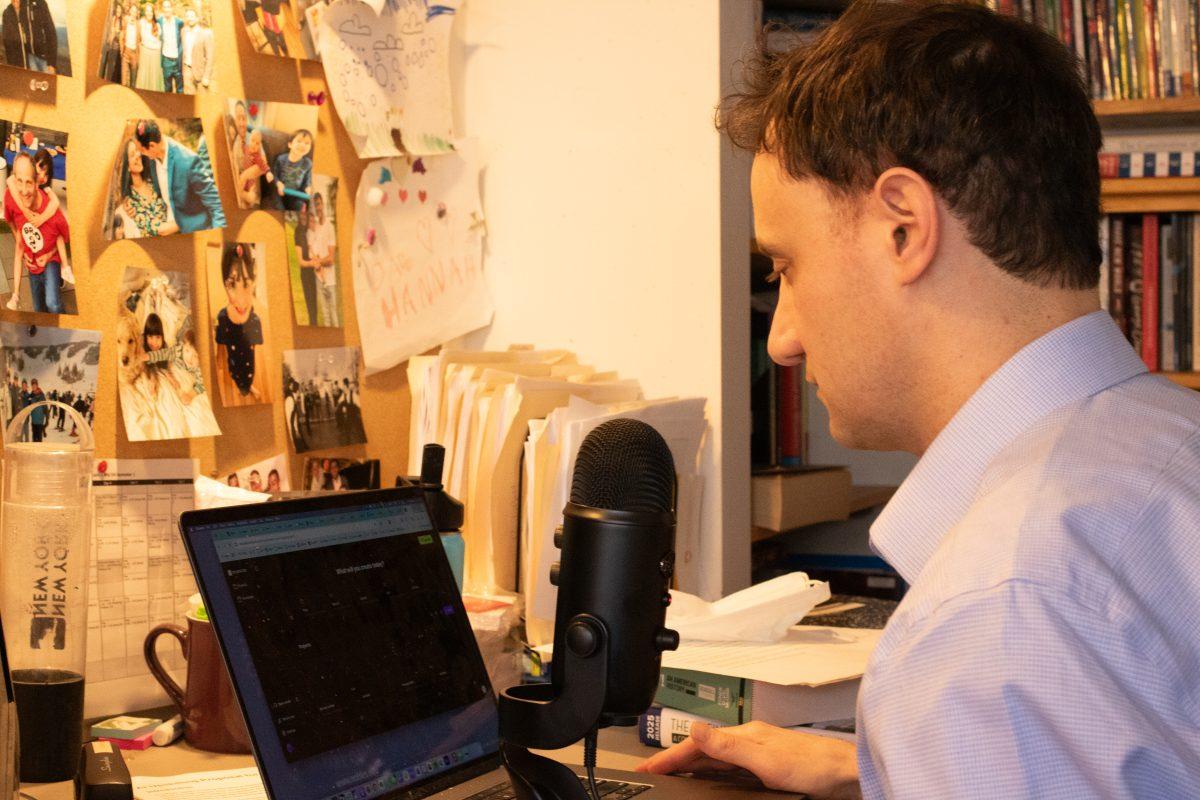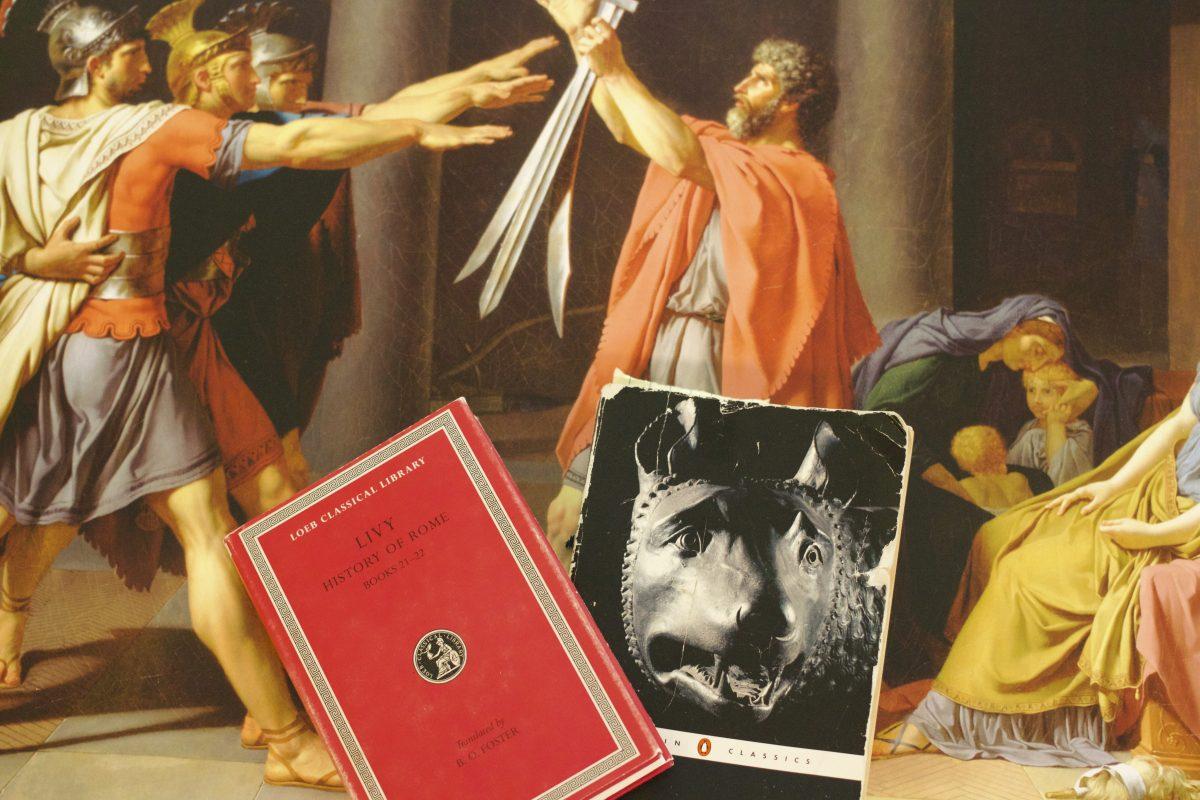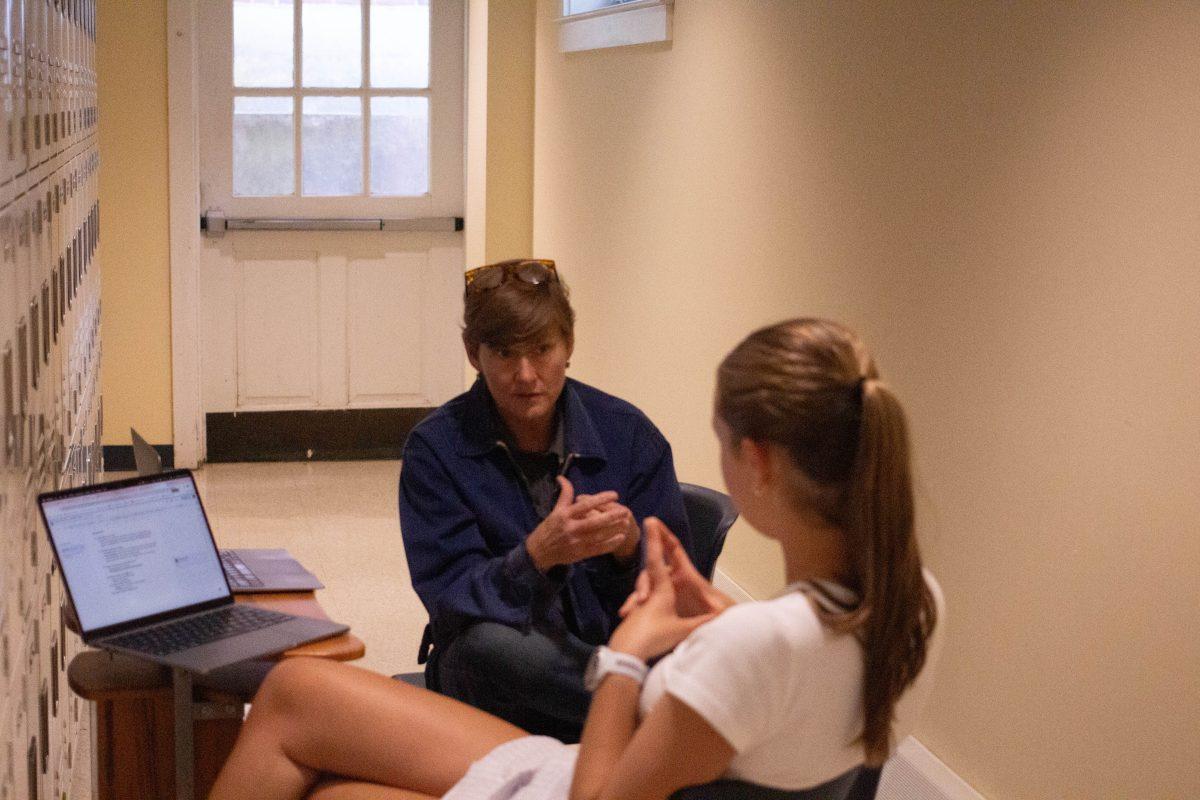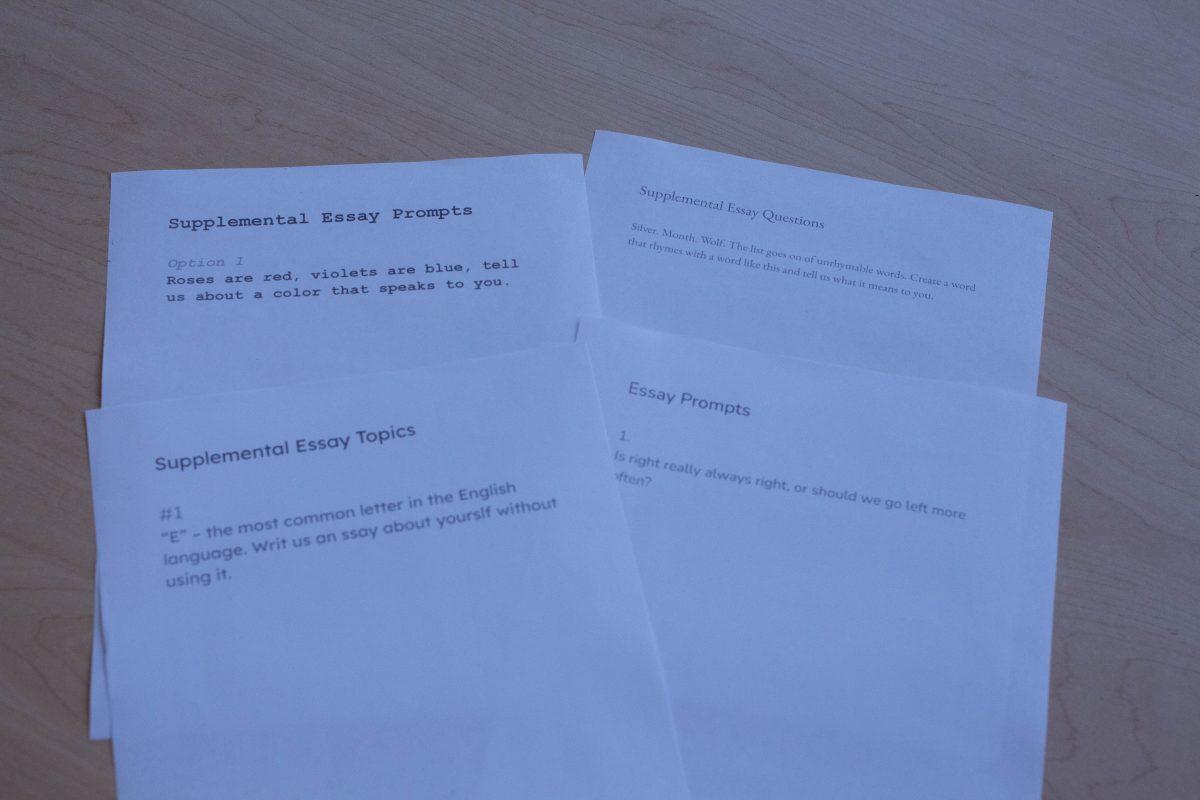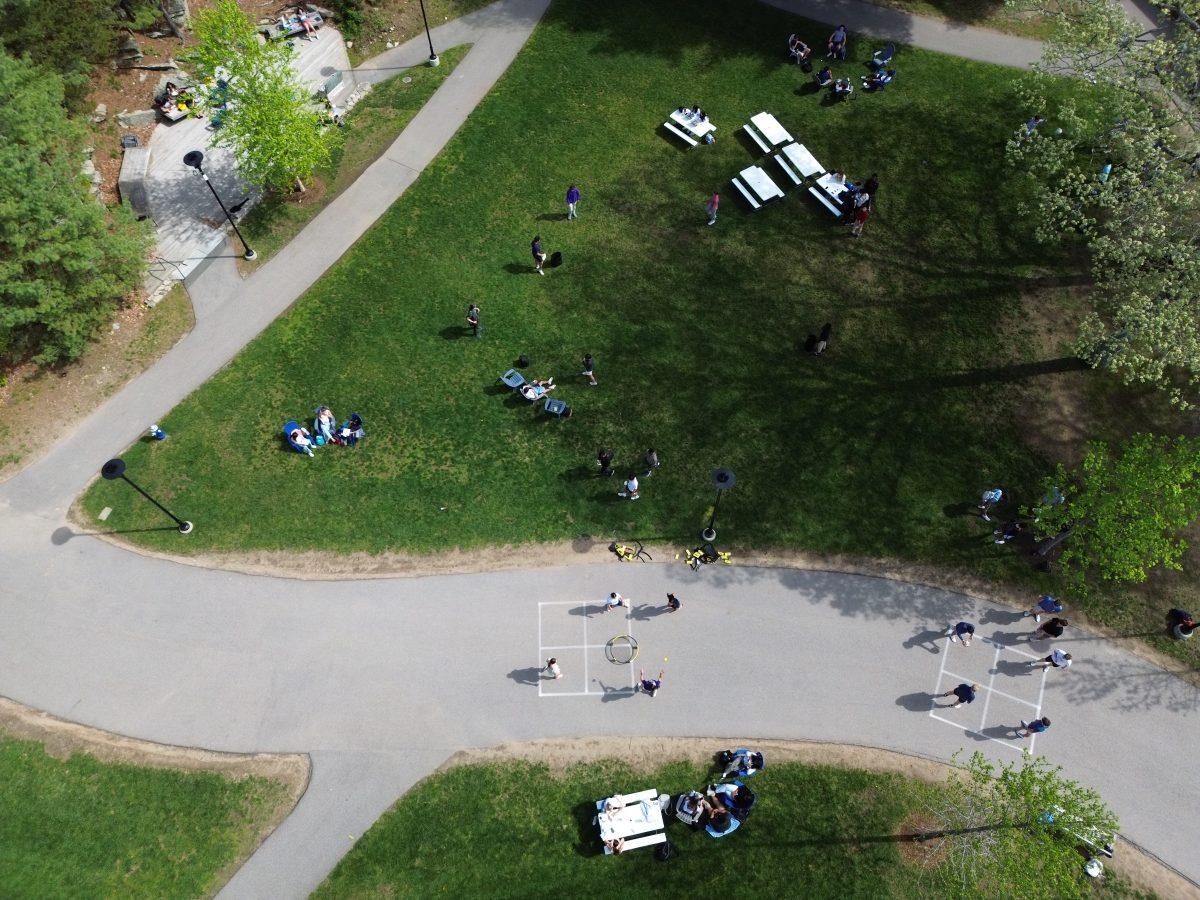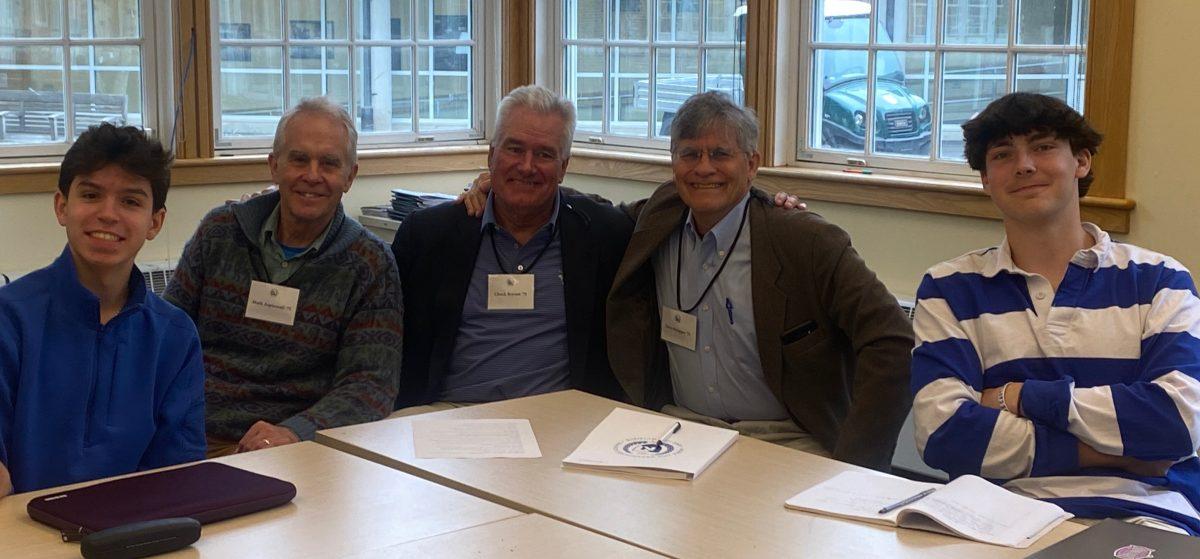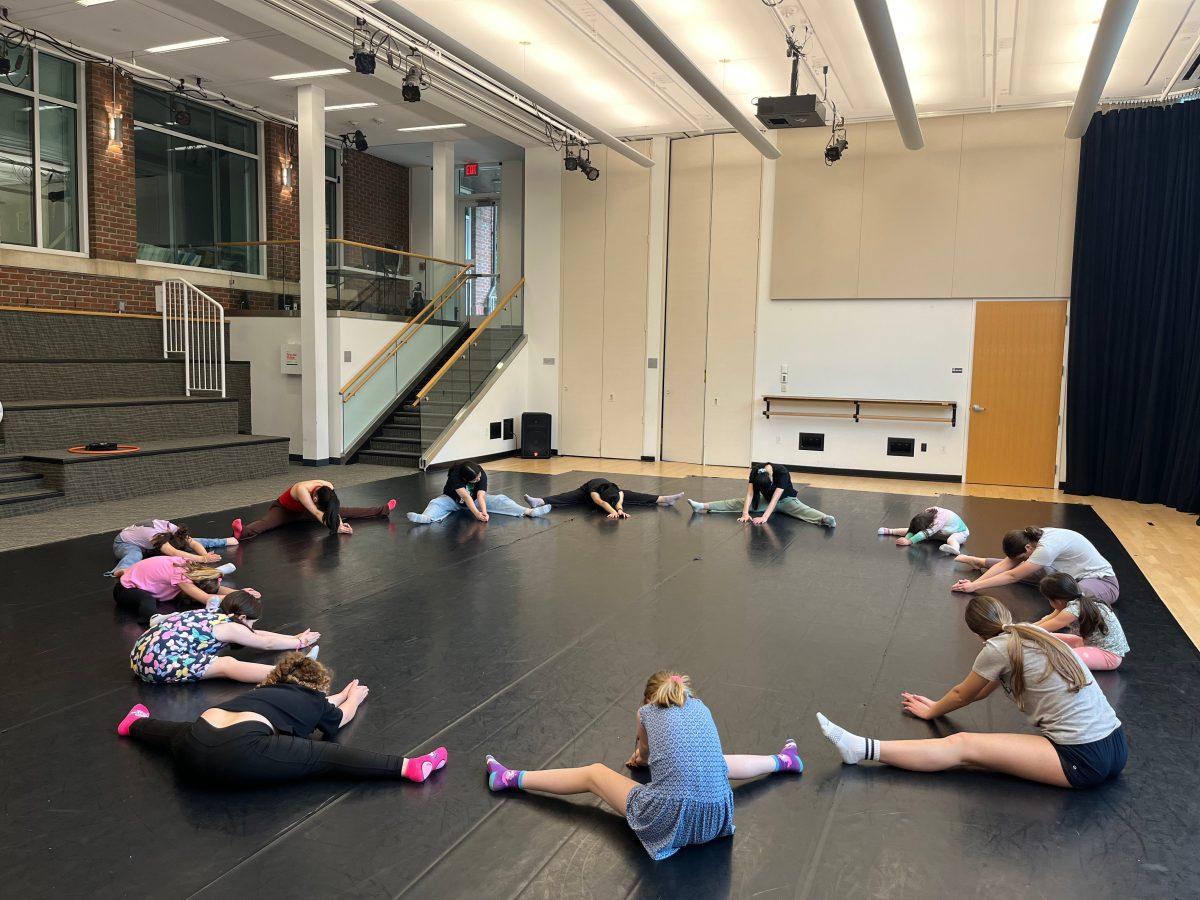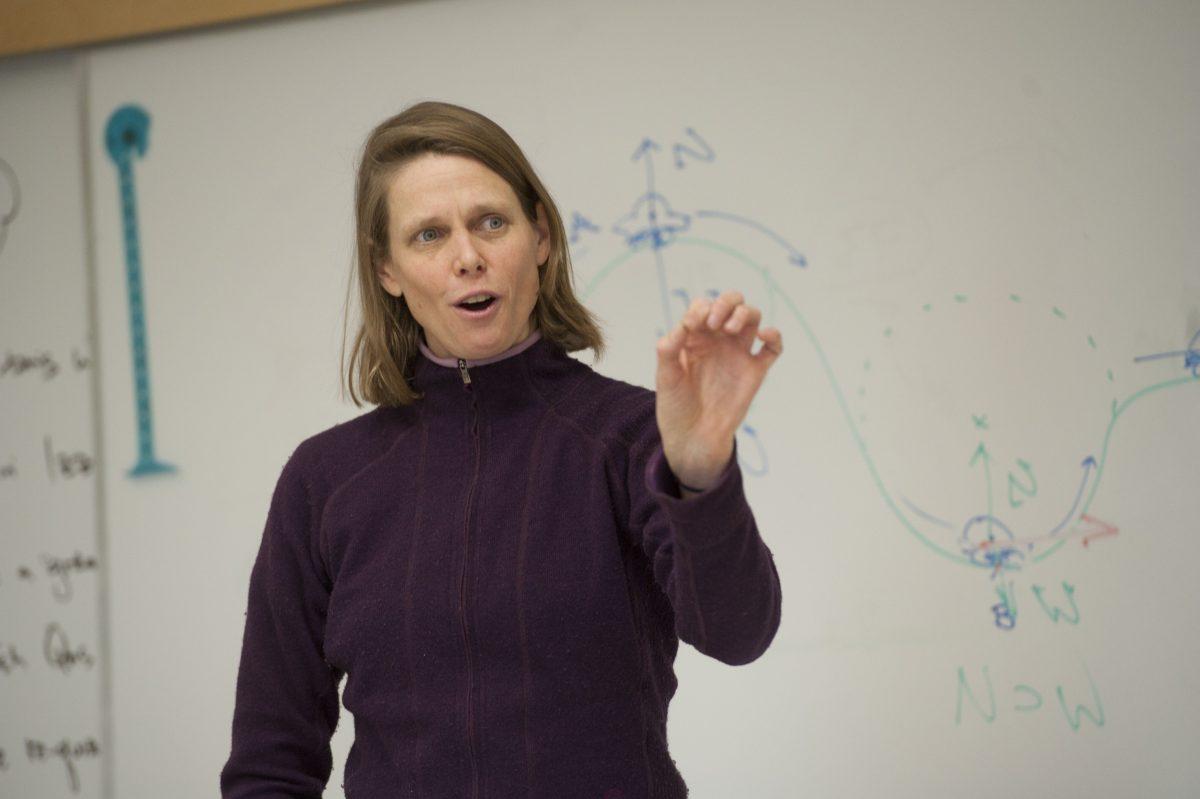Many high-schoolers are eager to have a carefree and fun-filled college experience and escape their parents’ control; Nobles students are no different. However, college and adult life bring many new and commonly overlooked responsibilities, such as laundry, financial literacy, budgeting, cooking, and dealing with insurance. While Nobles’ academic curriculum is extremely comprehensive and diverse, offering countless personalized paths for each student, the Upper School lacks a life skills education to prepare students for a smoother transition into the real world.
Nobles’ Middle School starts students off on a good path in life skills and real-world education with the “Who We Are” week for seventh graders in Boston. “It’s a deep dive into access and five key demographics of American life,” Mathematics Faculty and Middle School Director of Diversity Efe Osifo said. On the trip, students choose to focus on one of the five topics: housing, education, healthcare, food, or environment. Before the week in Boston, all of the core academic classes teach a unit relating to access and inequality, including personal finance in math classes and bias and racial classification in science classes.
Specifically, the personal finance unit exposes middle schoolers to finance-related topics essential to college and adult life. Osifo created this program at the Lilla G. Frederick Pilot School in Dorchester, and this year is his third running the unit at Nobles and sixth in total. At the Pilot School, Osifo talked with a kid who wanted a pair of sneakers and didn’t understand why his mom had cash in her wallet but said she didn’t have the money for the shoes. That conversation, along with Osifo’s experience without finance education as a kid, led to the creation and specifics of the project.
The unit assigns seventh graders jobs, salaries, and places to live in real neighborhoods in the Boston area and has them create a budget to sustain themselves, learning about rent, mortgages, saving, transportation, inequality, and more. Additionally, the project creates an open space for students to discuss issues such as taxes and Social Security without making it politically charged. Osifo is passionate about bringing this education to middle schoolers and hopes to help it expand into the Upper School. He said, “This is real America and real math. Parabolas and inequalities are fun and we use them later, but at some point, you have to know how to pay your bills. And I think that math is worth exploring in seventh grade.”
“This is real America and real math. Parabolas and inequalities are fun and we use them later, but at
some point, you have to know how to pay your
bills. And I think that math is worth
exploring in seventh grade.”
A life skills class can easily be incorporated into the PD curriculum for sophomores or juniors by combining the happiness and mindfulness courses into one class on account of their similarities. Many students and faculty recognize the importance and usefulness that this would offer, with numerous different topics that could be covered under the broad definition of life skills.
As a boarding student, Cristobal Gil (Class II) has quickly learned many skills through living on his own, especially time management, laundry, and nutrition. “Boarding teaches you a lot, but things like budgeting, taxes, cooking, and even basic car maintenance aren’t really part of the experience. Having a class that covers those topics would be super helpful for everyone, not just boarders,” Gil said. Day student Adam Davidson (Class II) shares a similar opinion on education outside of the classroom: “Practical knowledge is just as important as academic learning, and a structured class could help students learn important life skills, especially time management and learning financial skills. A life skills class would help students transition more smoothly into adulthood, covering things we don’t always learn in a classroom setting,” Davidson said. Raquel Frankel (Class I) also emphasizes the importance of financial skills as well as being able to handle medical emergencies. “I think the two most important topics to be covered in a life skills class would be finance and medical emergencies. In terms of medical emergencies, I think it is important that everyone knows what to do in case someone has a heart attack, panic attack, chokes, suffers a seizure, has alcohol poisoning, etc. Even with some basic background information, it could be the difference between a serious accident and a close call,” Frankel said.
“A life skills class would help students transition more smoothly into adulthood, covering things we
don’t always learn in a classroom setting.”
Additionally, Performing Arts Faculty Zack Georgian is passionate about life skills education and giving students the opportunity to fail and learn before they are thrown into the deep end. He suggested many topics that should be included in the class, namely home economics, using hand tools, finance, travel, scheduling and time management, public speaking, and leadership and collaboration. He also emphasized the importance of the personal side of life skills, such as relationships and finding happiness. “I want you all to be able to be comfortable and find happiness on a personal scale, not just a career scale. I think academics set us up for career success, which is extremely important, but I think we can get so career-driven that we forget to take care of ourselves,” he said.
Overall, it would be beneficial for Nobles students to learn life skills in the PD curriculum and provide continuity with the Middle School. Education on these topics helps students develop the necessary abilities for many responsibilities of college and adult life, clearly fitting the definition of “personal development.” The life lessons will stick with students for longer than any minute facts or formulas that they learn and definitely deserve a place in our classrooms today.

